The coastal resort of Puerto Piritú is on the
Caribbean and it was good to see the water again. I checked a couple of rundown
hotels, the best on offer, and decided on a nice hostel run by a couple who
were friendly, welcoming and with one of the few painted and maintained places
I could see.
The high walls with embedded broken glass and five strands of electric fencing may be an indication of how things are here. Surrounded by tall residential buildings, swimming in the pool naked was out, the suggestion bringing a tinge of red to the cheeks of the lady owner. A couple of kayaks mounted on walls and photos of the Beijing Olympics led to the conversation with the Cuban owner about being a former rower and trainer of that particular Olympic team.
The high walls with embedded broken glass and five strands of electric fencing may be an indication of how things are here. Surrounded by tall residential buildings, swimming in the pool naked was out, the suggestion bringing a tinge of red to the cheeks of the lady owner. A couple of kayaks mounted on walls and photos of the Beijing Olympics led to the conversation with the Cuban owner about being a former rower and trainer of that particular Olympic team.
It was almost devoid of people with the beachfront walk a series of closed shops and chained, rusting chairs and cabana covers.
There was a feel here, a feeling of decay, a feeling that this place was once a resort and great destination but now suffering under the weight of the current situation in Venezuela. It was obvious. Dirty unmaintained streets, shops closed for business, faded paint, signs and features along the once-colourful foreshore.
One of the biggest differences I noticed between here and Colombia is that gangs of workers are constantly manicuring the roadsides all over Colombia, providing much needed work for men and women. Where the roads are bad, new roads are being built or repairs are underway. Venezuelas roads are mostly a cheap strip of so called 'asfalta' that is often sunken on the poorly constructed base, and a token effort by a few individuals or small groups brush-cutting the head-height savannah grasses from the road verge.
I found a hotel opposite the waterfront just out of the city centre and took another of these $9 rooms. I looked at the prices again later and saw they had a Presidential Suite for 2300 Bolivares ($13). This is where I spent the next two nights. On the seventh floor with two bathrooms, a bar, desk, large living room and separate bedroom; private balcony overlooking the beach; it was cheaper than my shared dorm in Panama.
It wasn’t a swimming beach but there were long walks along the waterfront with a fairly upmarket shopping centre with restaurants and a small marina not far away.
I enjoyed some sushi again, a popular taste in Venezuela it seems.
It was nice to stop for the weekend and relax after the long haul across the plains during the week. As usual the walk in the city centre was a mixture of rundown buildings, people lining up for supermarkets, recreational squares with monuments and people sitting around.
In Central America, Sunday was typically a good day to go into the city centre and visit the markets with less car traffic but a real buzz of activity. It seems here in Venezuela though, Sundays have a different purpose and I haven’t worked out exactly what. I think it is a church and family day and people tend to get out of the city centre rather than gather there, maybe a reflection of the cheap fuel, but several times now Sundays have been incredibly quiet in the city or town centres.
It didn’t take long to cross the peninsula on Ruta 9 to the northern coastline and Carupano. Passing quickly through the bigger city I followed the coast to Morro de Puerto Santo where I found a busy sardine fishing village with hundreds of boats, pelicans and a bounty of fish.
I followed a road towards playa Medina and happened along an old cacao route that had fallen into disarray. This part of the peninsula was particularly picturesque with thick tropical vegetation and nice winding roads. But once again I could see this was a place of former activity that now suffered under the current situation and the many cacao farms being over-run by weeds and overgrowth, the jungle consuming what is rightfully its own. It was a feeling I had from the faded signs, the landscape I was seeing.
I confirmed my suspicions
when I stopped at the Paria Cacao Museum. The not overly helpful girl at the
counter answered my questions with minimal information but basically there were
not many farms now producing cacao because of the economic situation and it was
not clear what kept the museum going. There was a factory attached that I
inadvertently stuck my head into and saw half a dozen people packaging up
chocolate products. I was the only visitor there and not allowed to take photos of
the factory. I bought some nice local chocolate though!
The picturesque and tranquil Medina beach didn’t disappoint and I ate some fresh fish and watched some local families playing on the beach.
I planned to stop at a nearby posada and visit the beach again in the morning but after waiting for ten minutes and calling out, there was no response so I continued on back through the little pueblitos to the turnoff for the beach and followed the road through the tiny towns until I met again with the main route east, itself not exactly a major road, although all paved, surprisingly. It was one of those surprise roads that just sum up what bike travel is all about. People living simple lives in simple houses in lush jungle with a gorgeous winding road paving the way.
It made the trip slower and by the time I finally pulled into town it was almost completely dark, breaking a golden rule. I hadn’t been able to find a hotel or pasada in any of the little towns along the way.
I located a
couple of mototaxis and I had learned from experience that these guys were good
and reliable and loved riding motorcycles, I always had a good reception from
them. I asked for the nearest hotel and with a smile one of them beckoned for
me to follow him. I wasn’t worried about the cost because I’ve only paid over
$10 a night once and that was for the Presidential suite, and sure enough he
took me to a swank hotel with a guard and steel gate and I was shown to my $8
room.
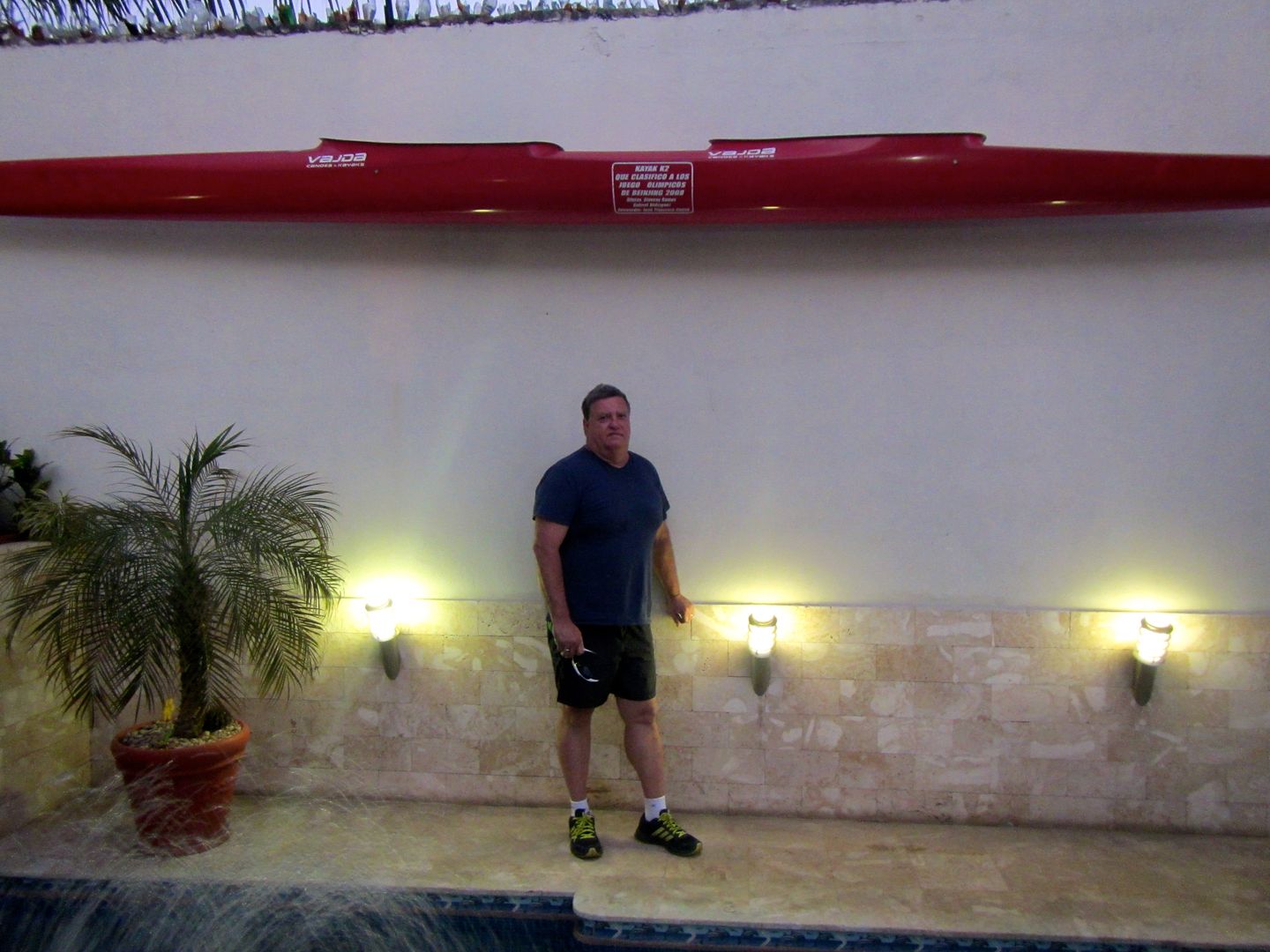
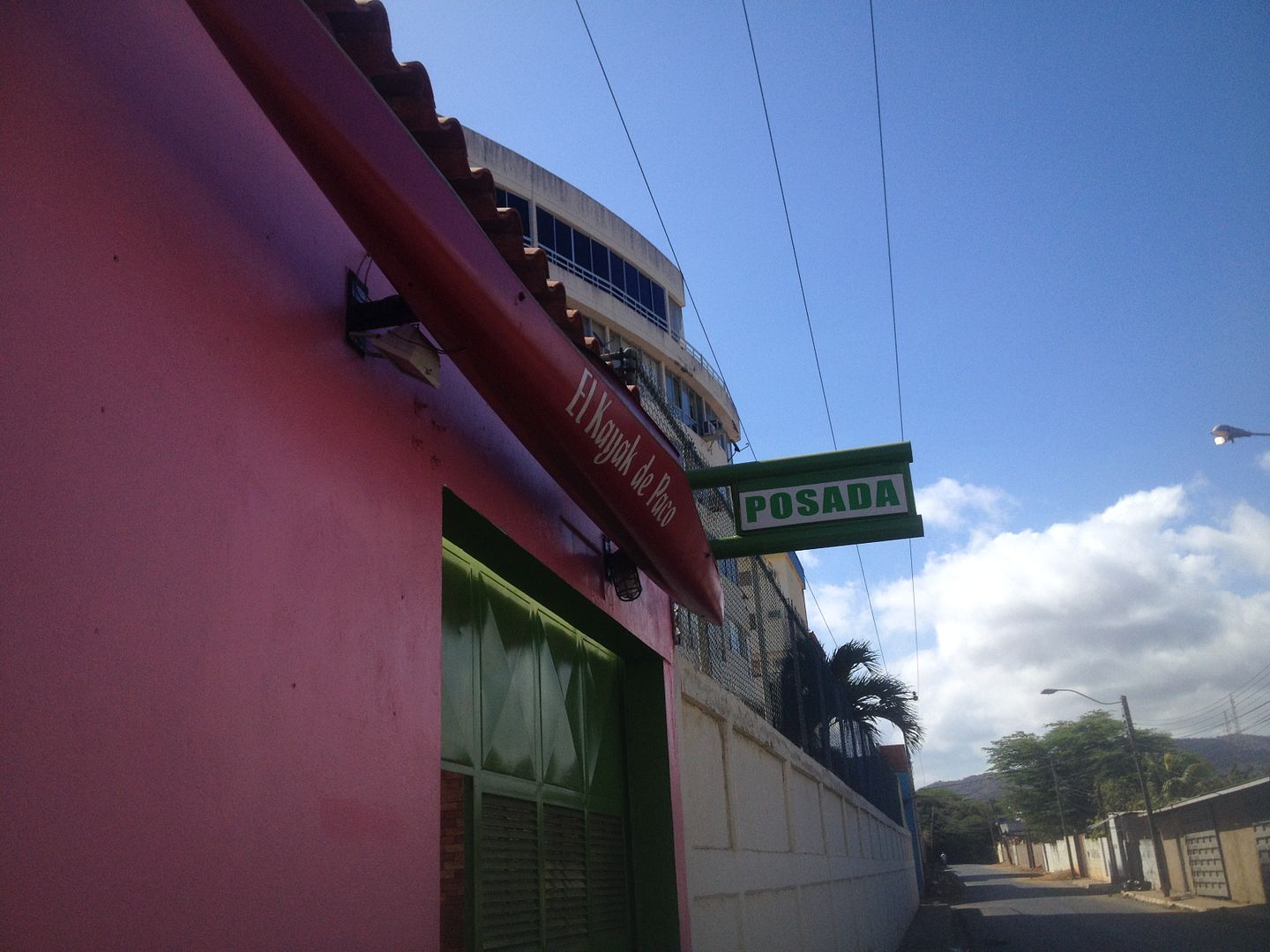
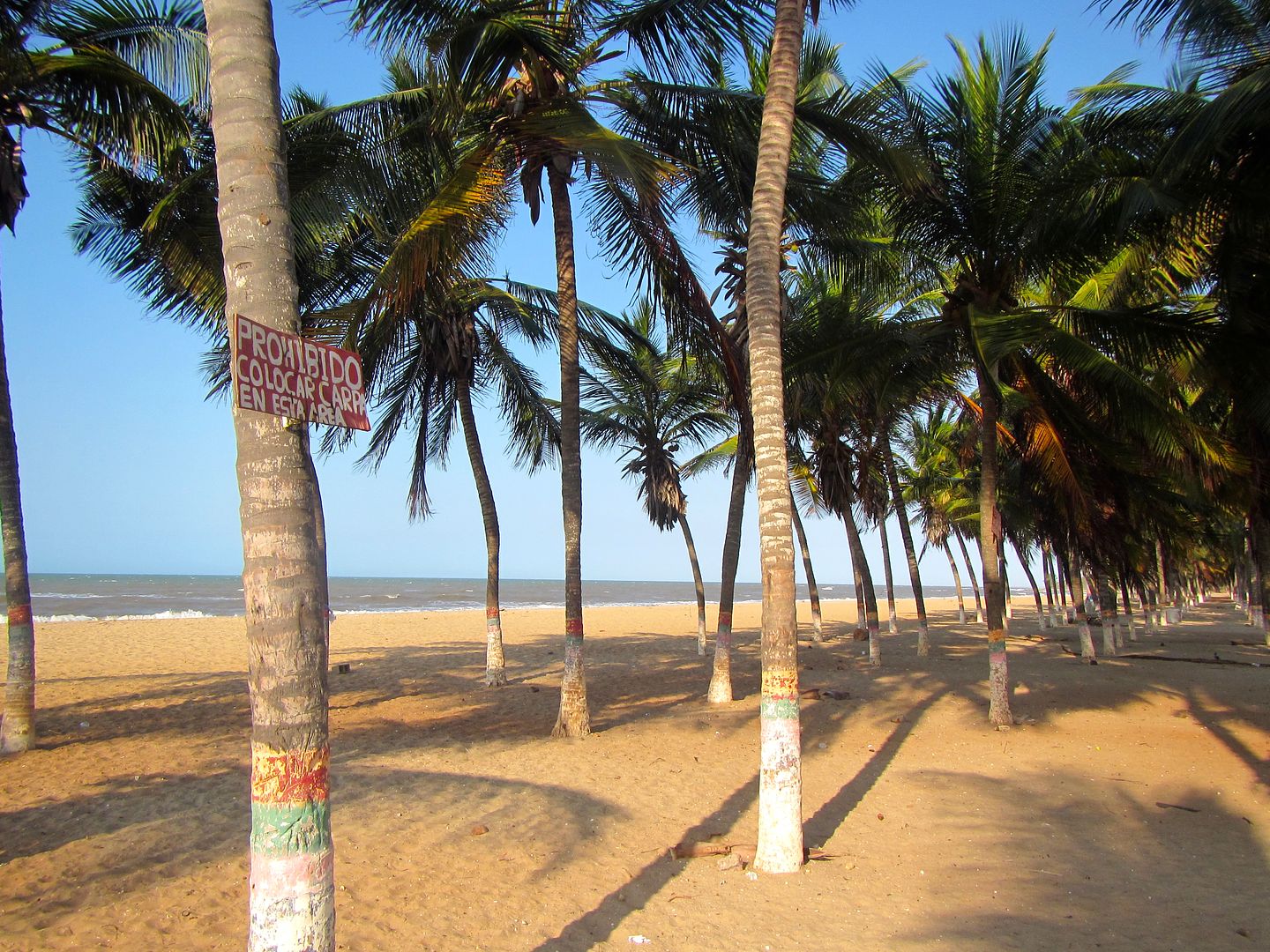
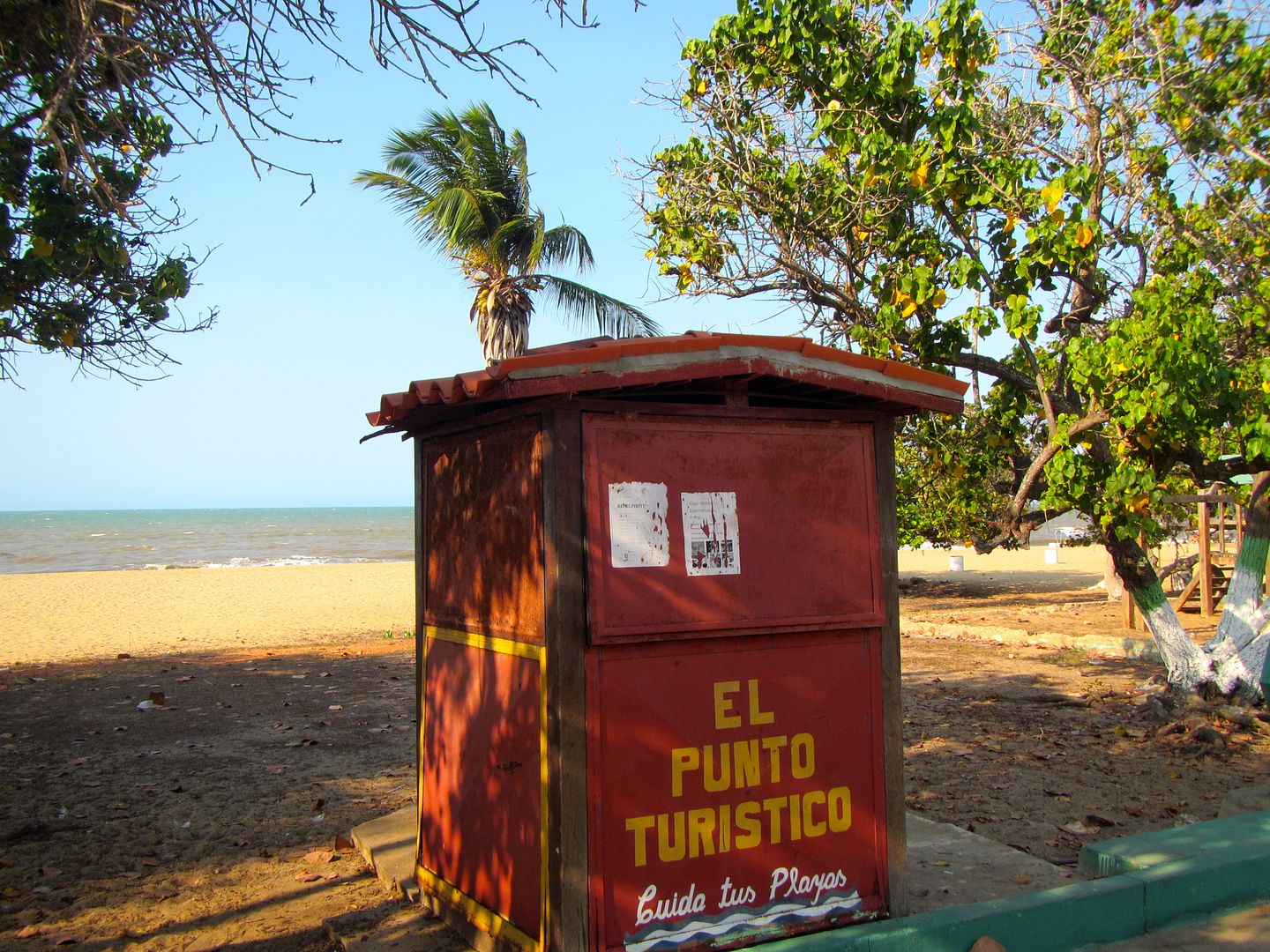
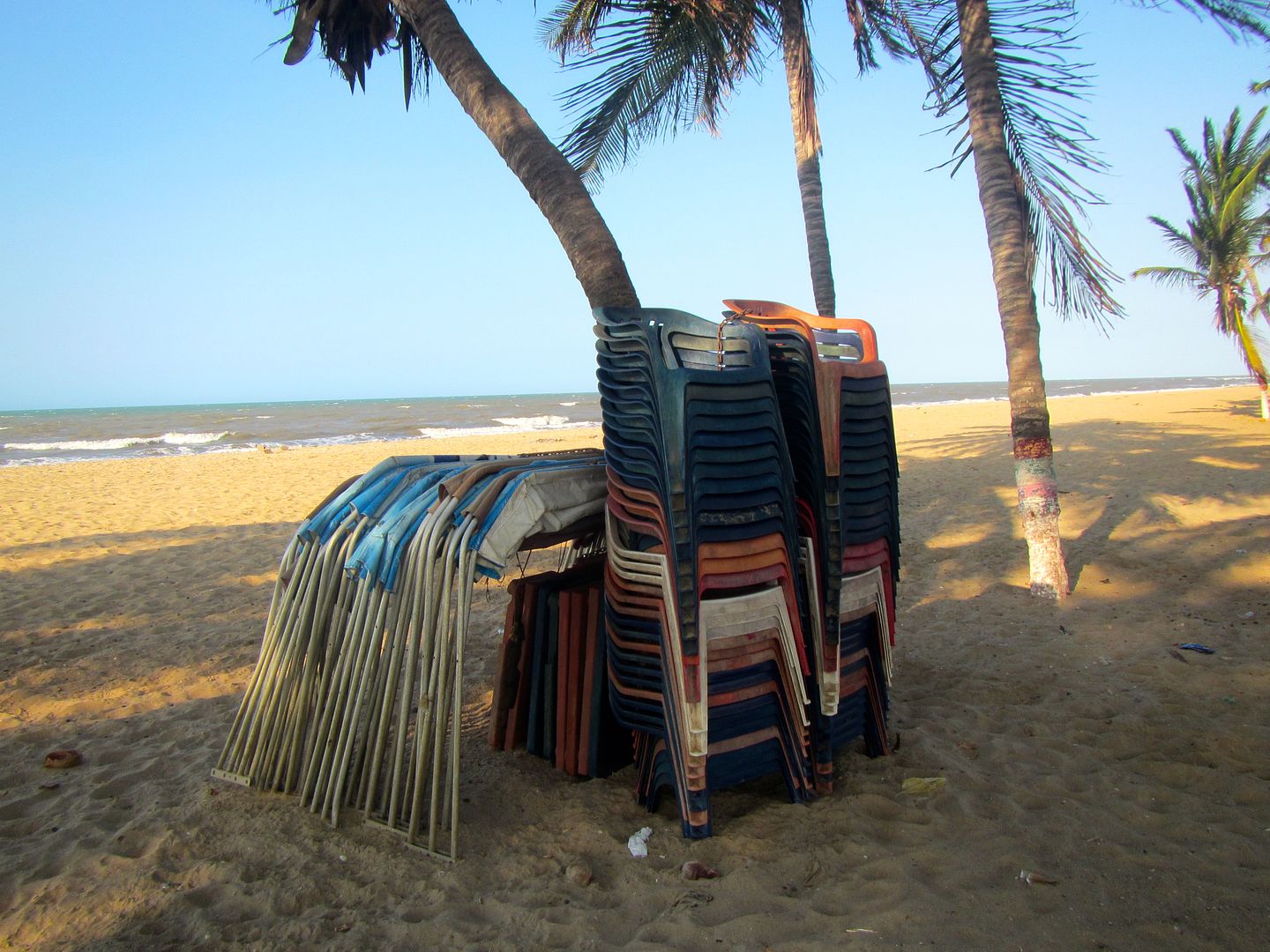
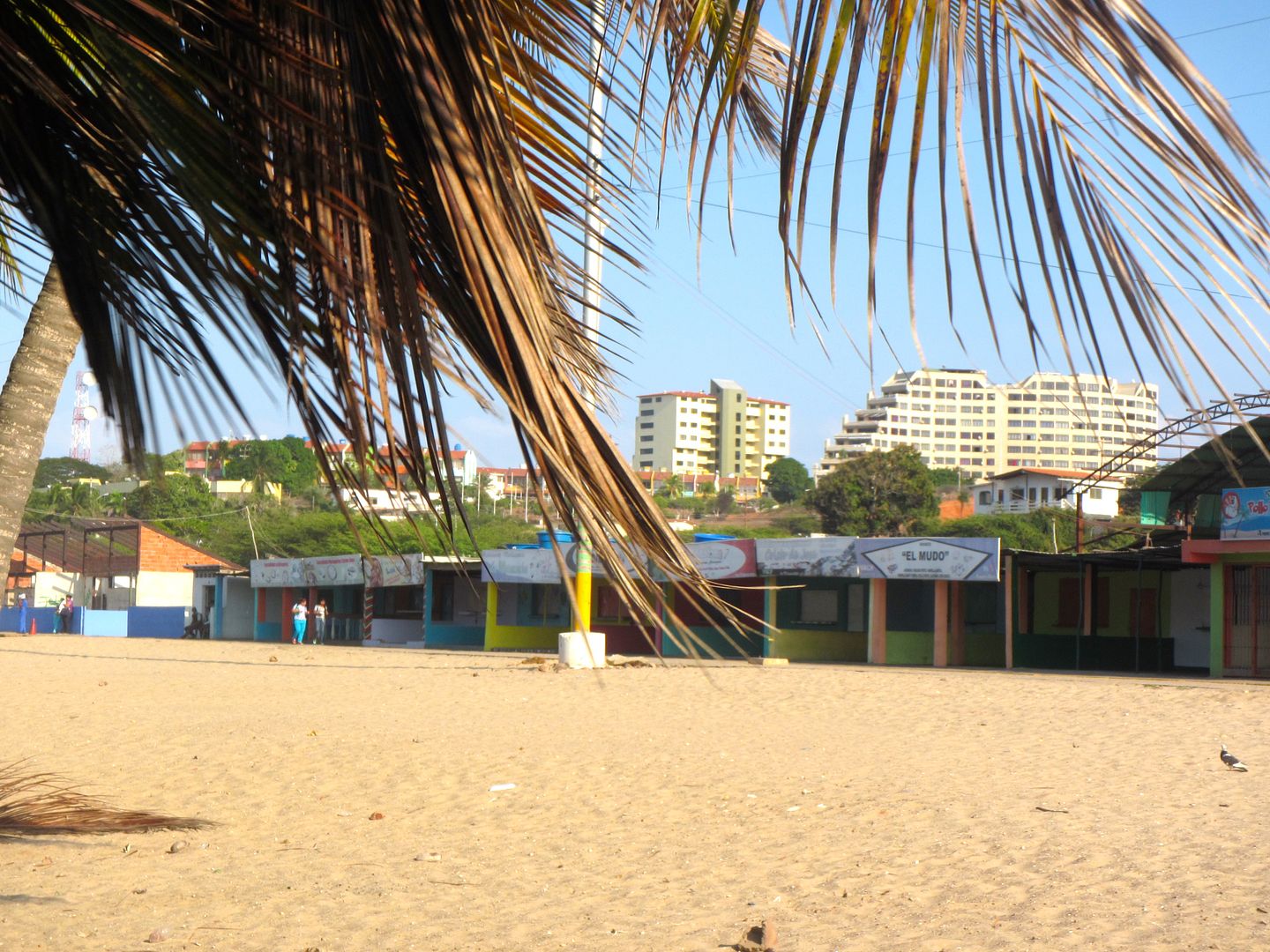
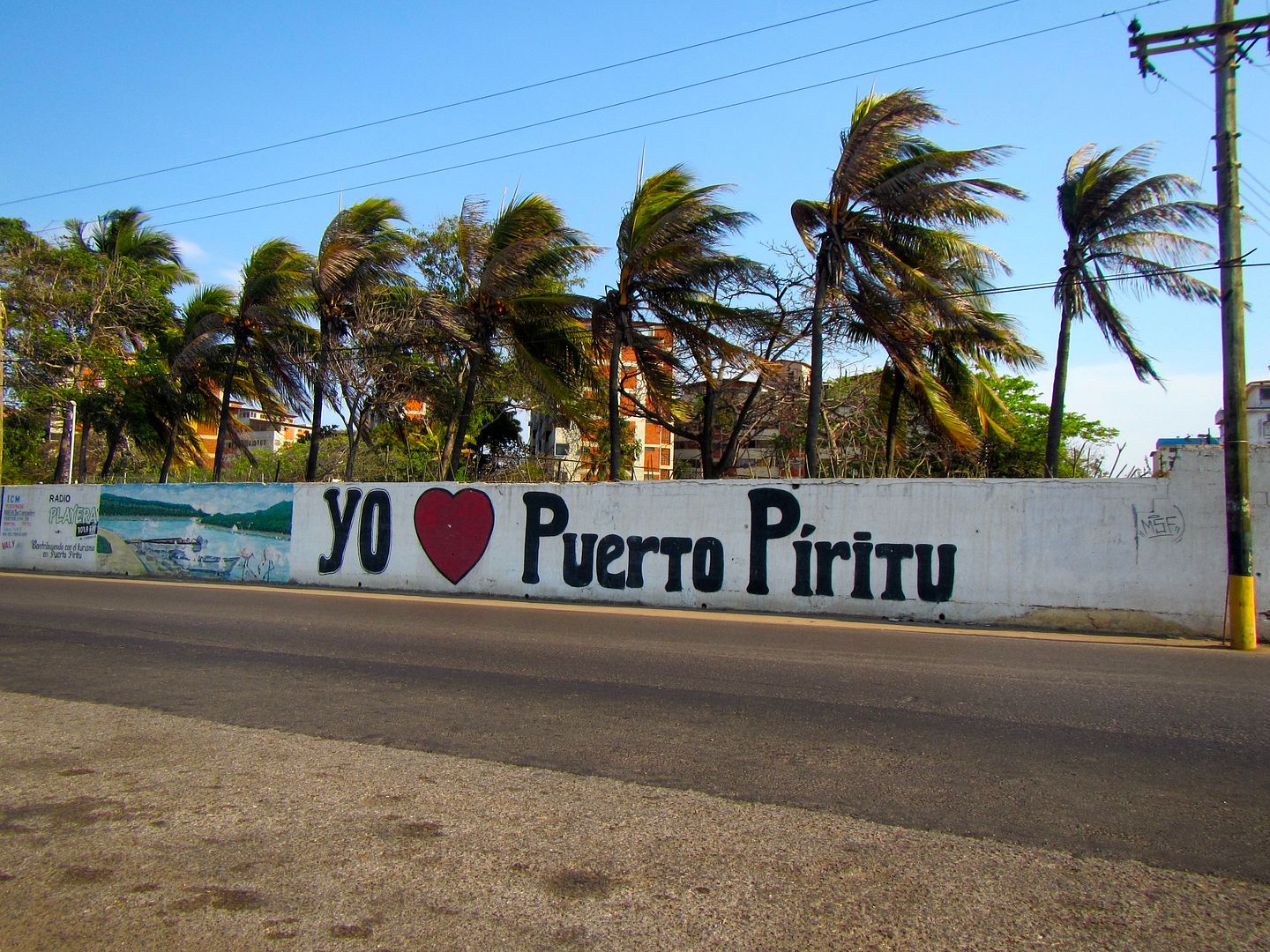
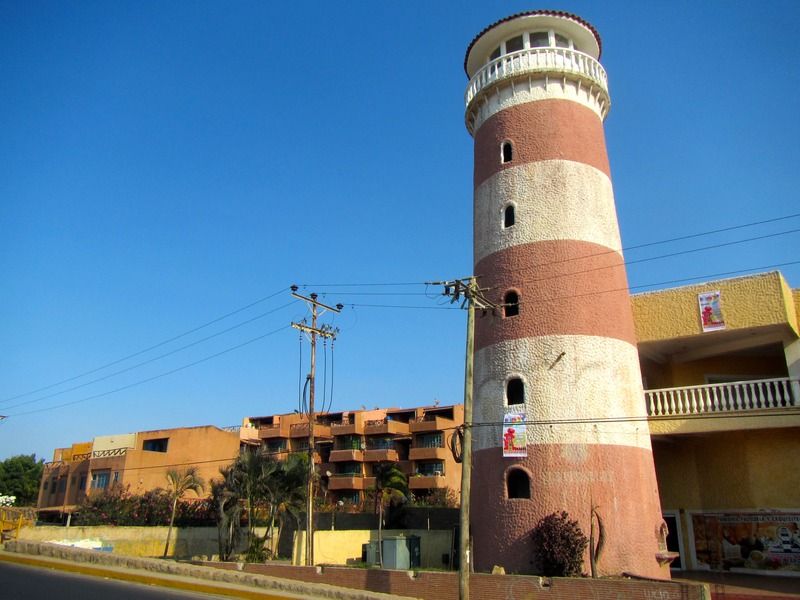
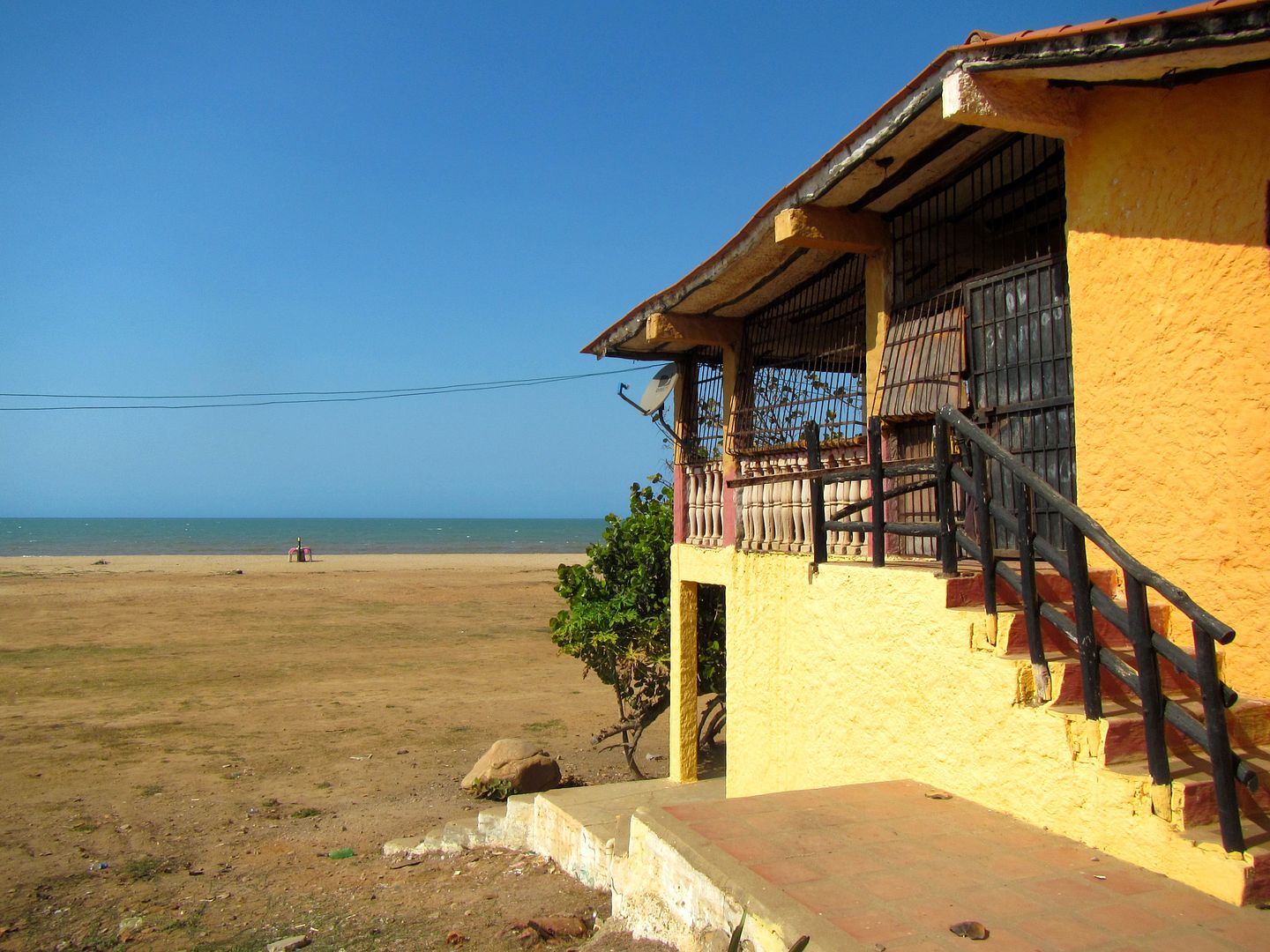
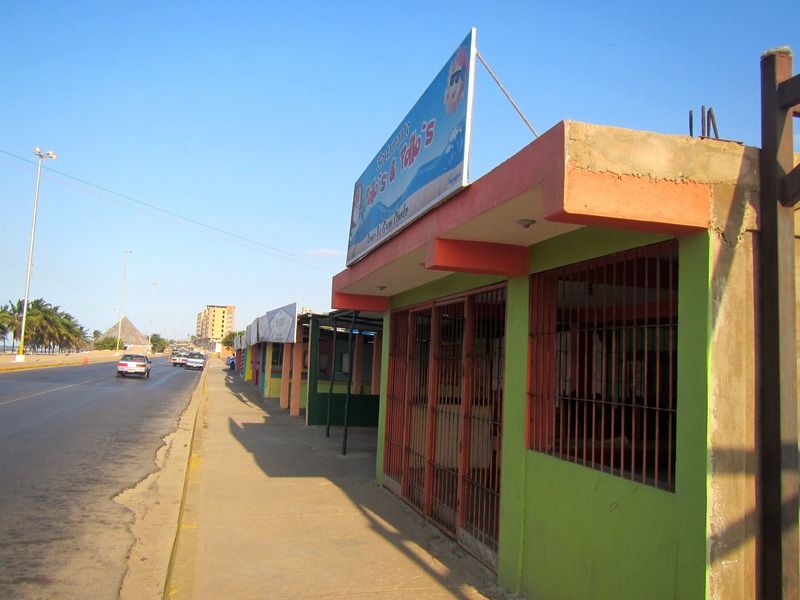
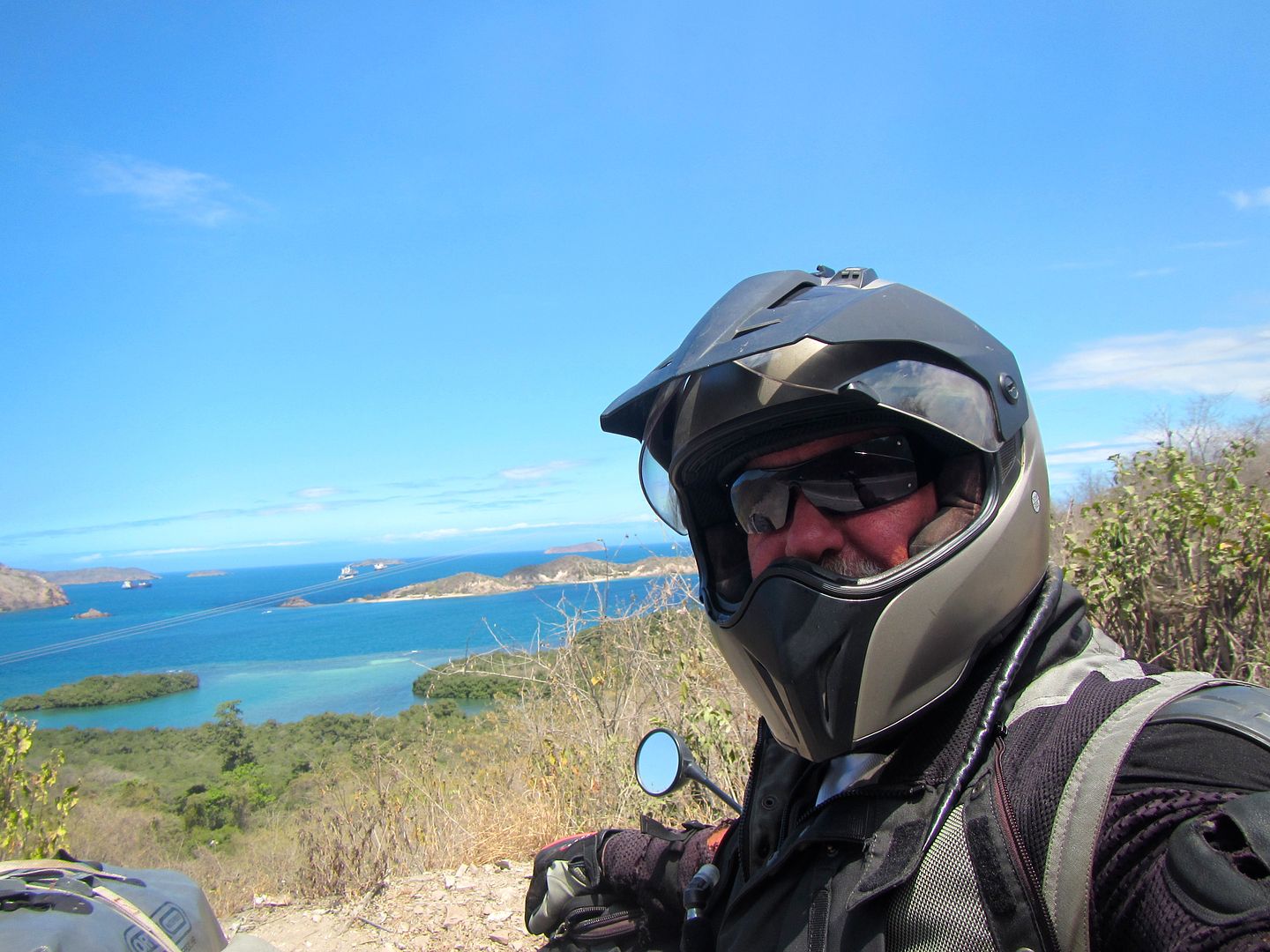
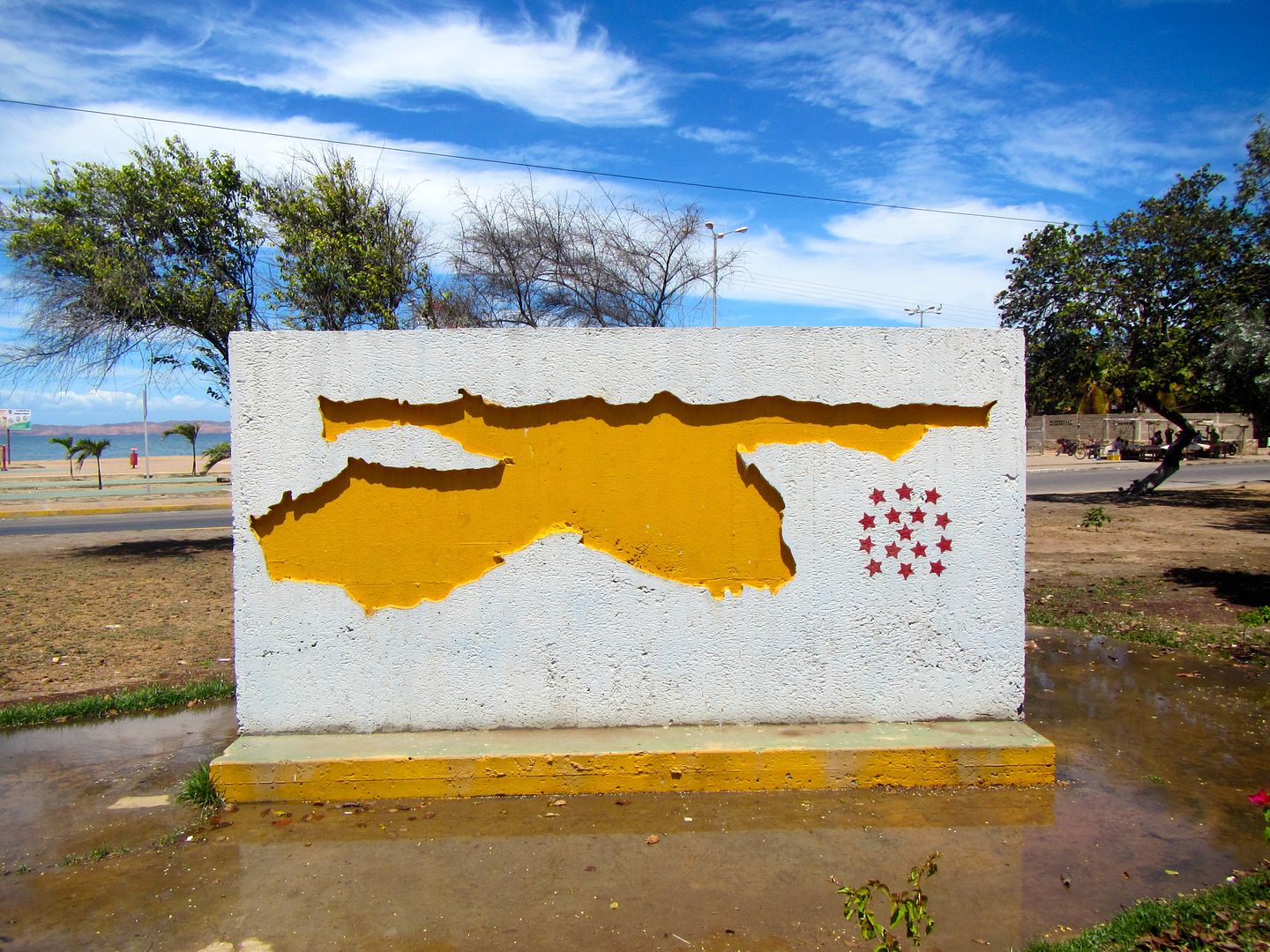
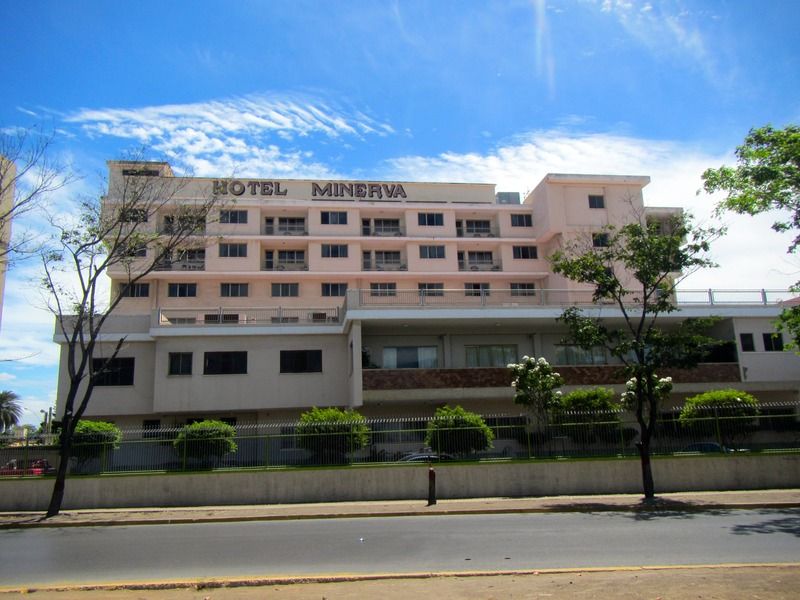
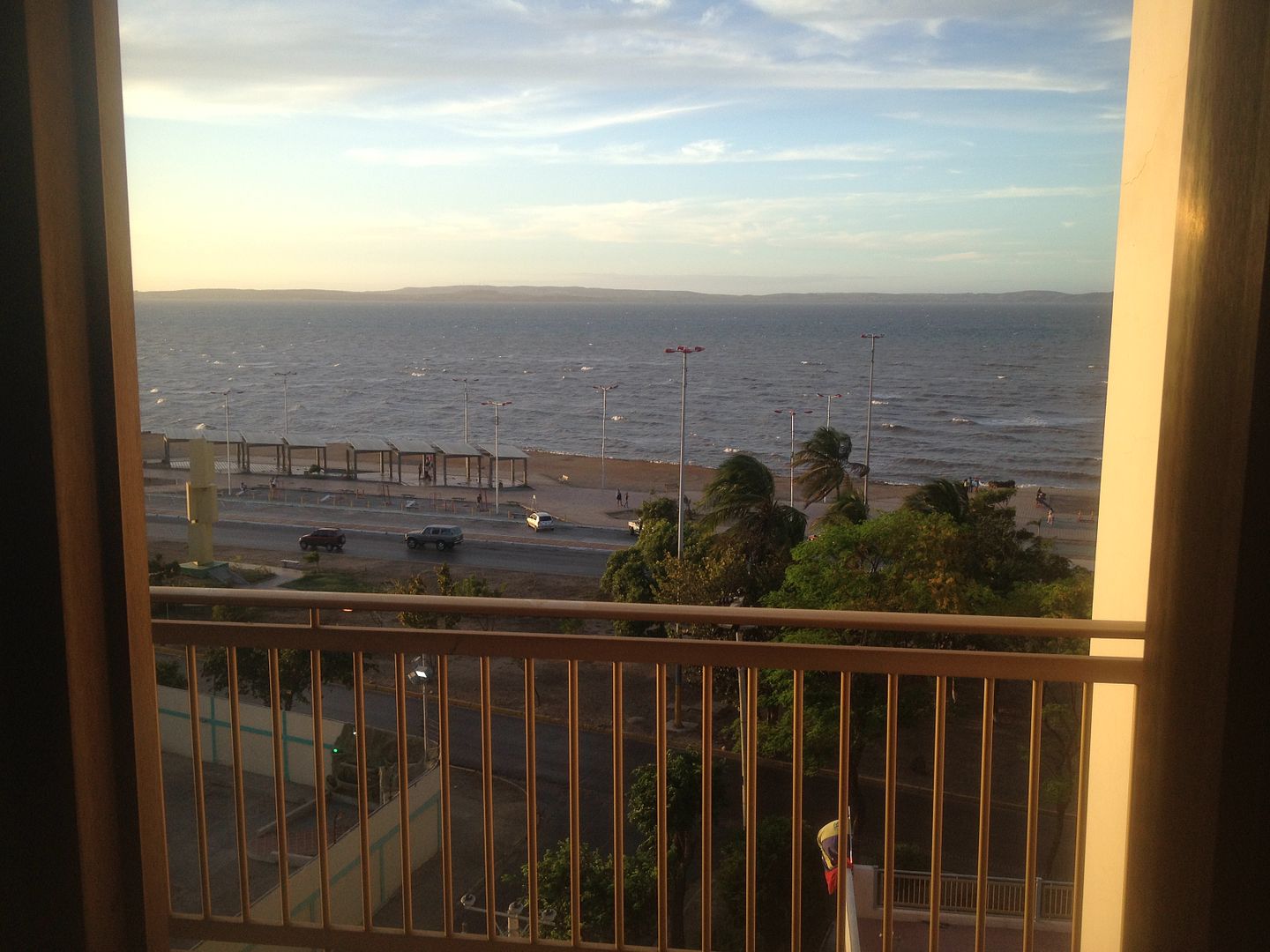
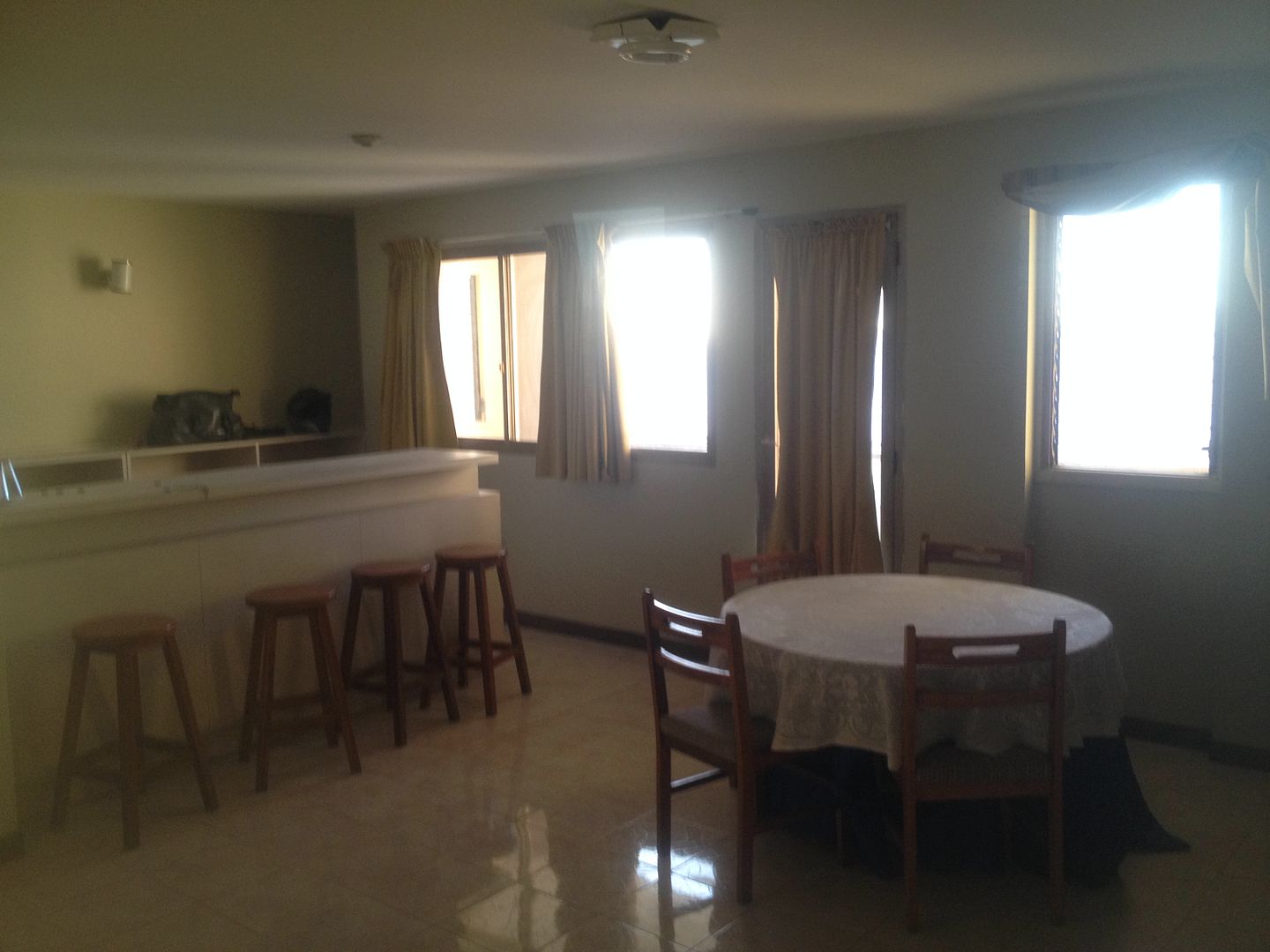
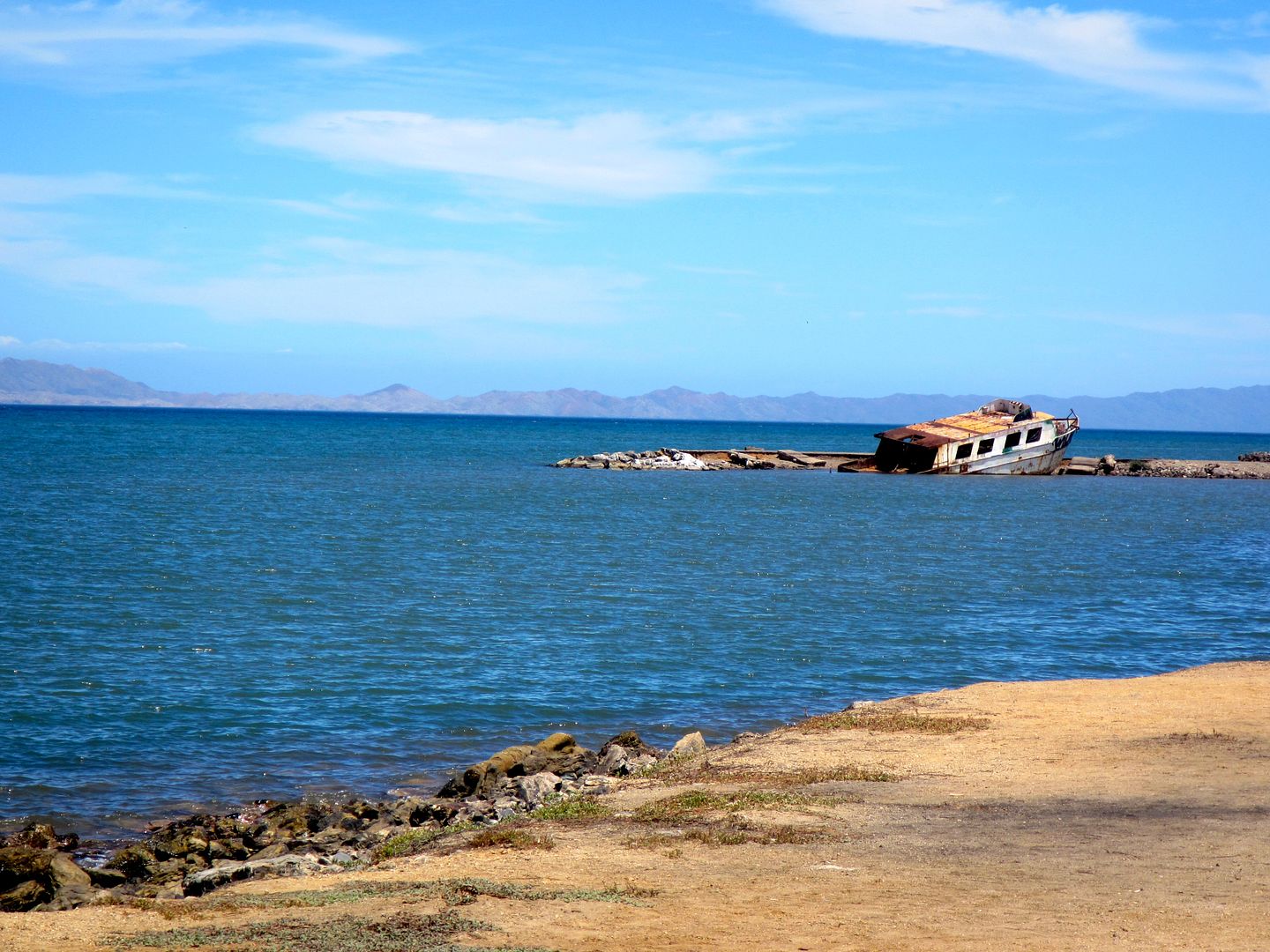
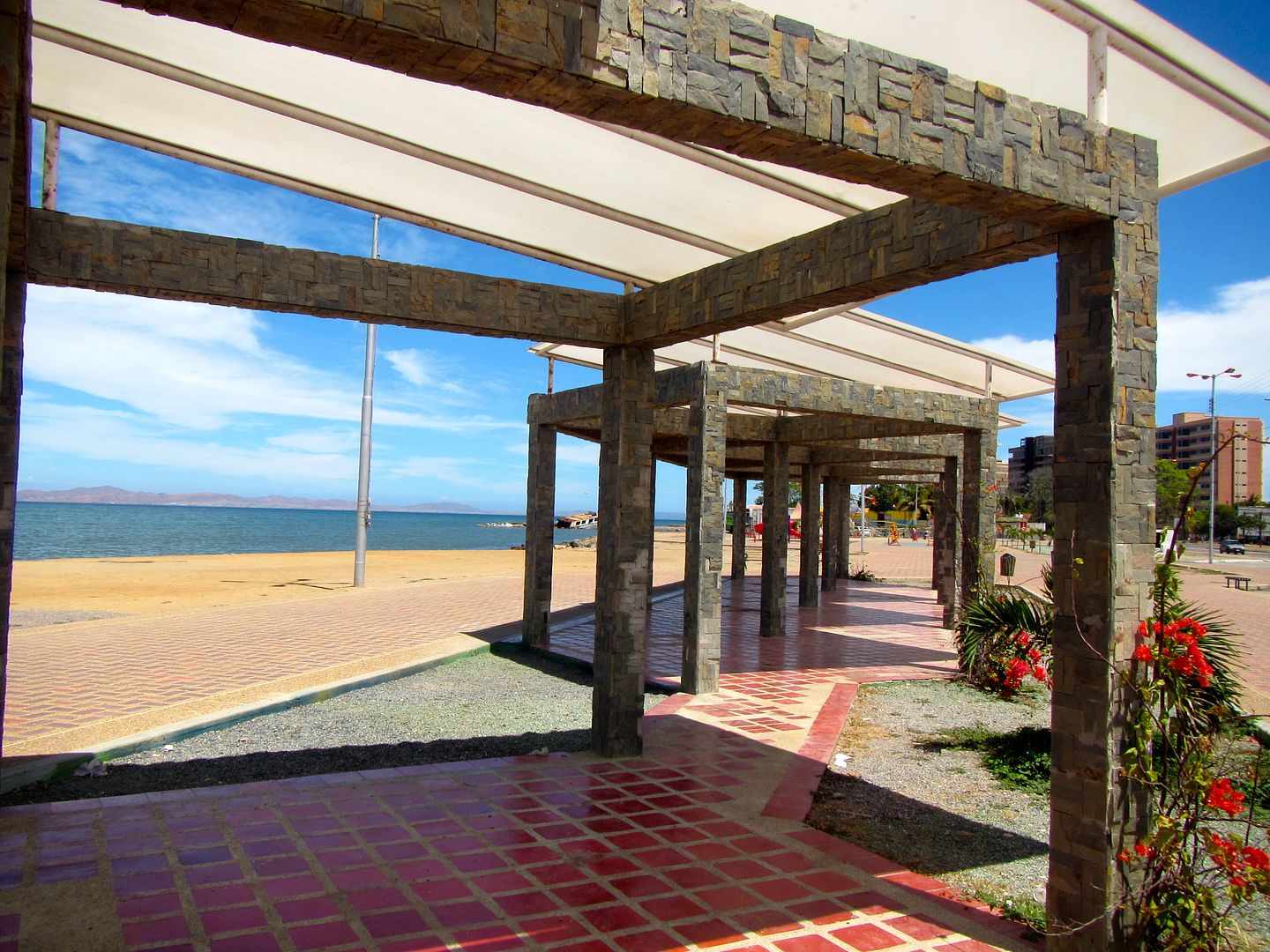
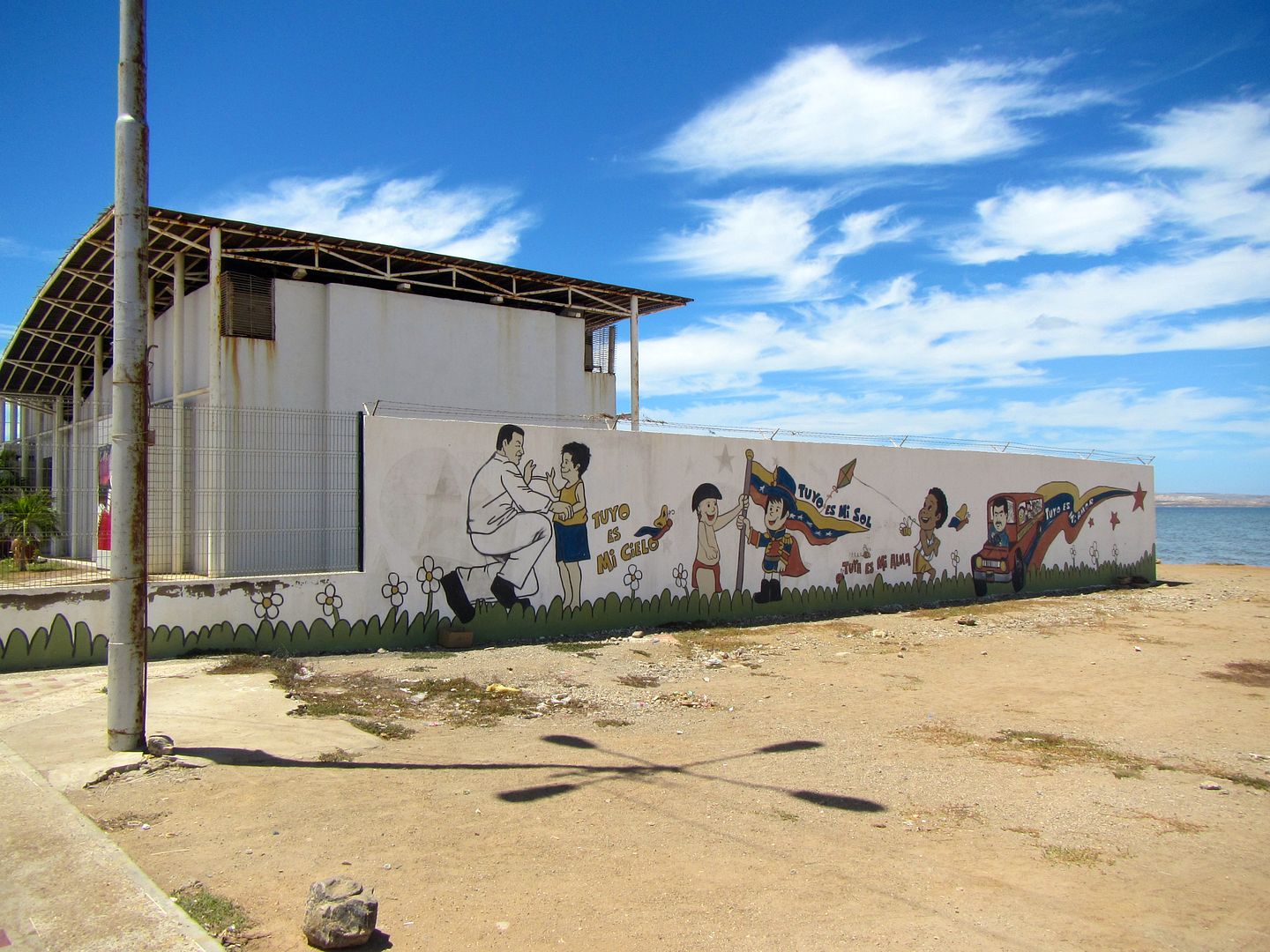
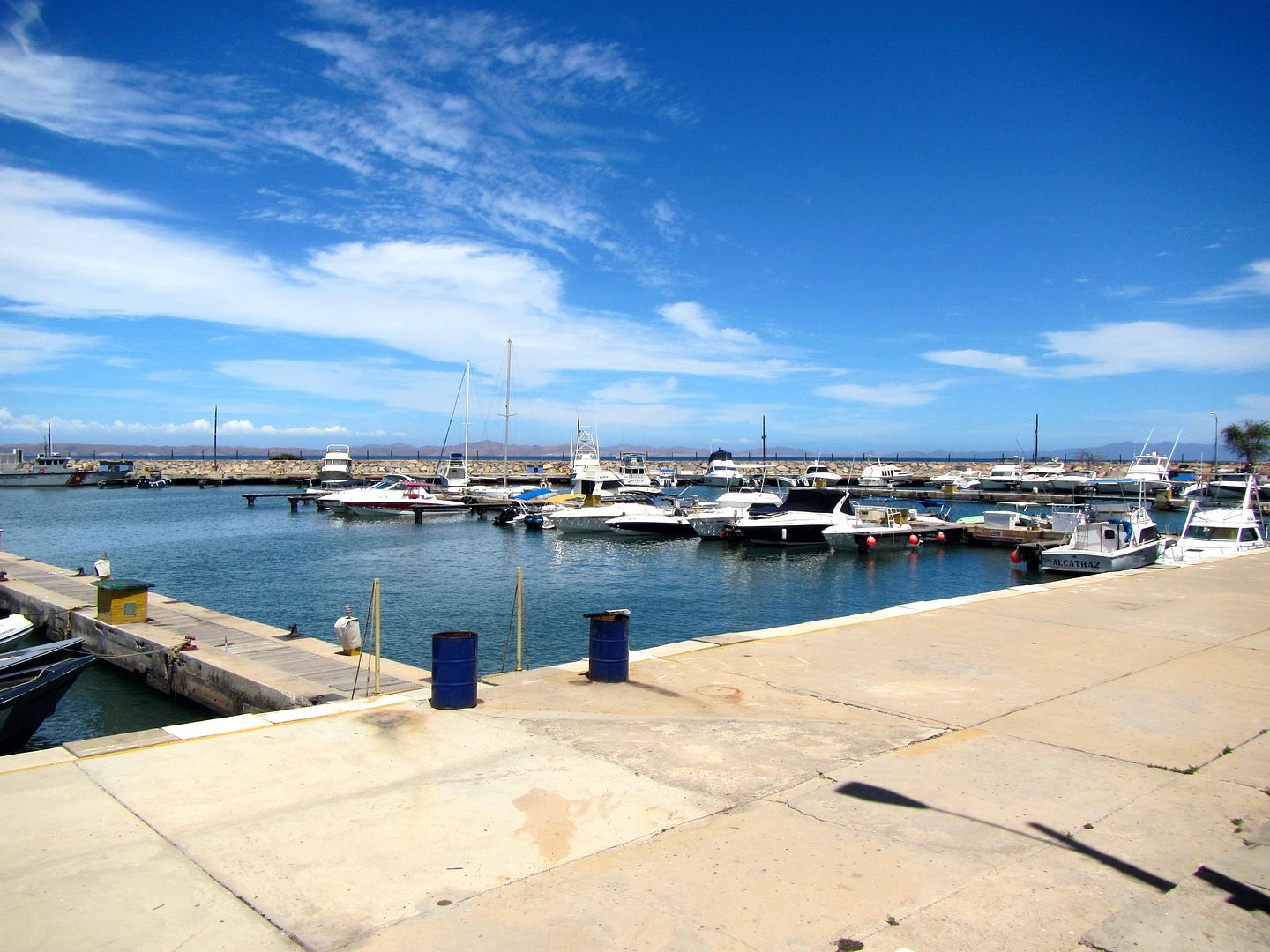
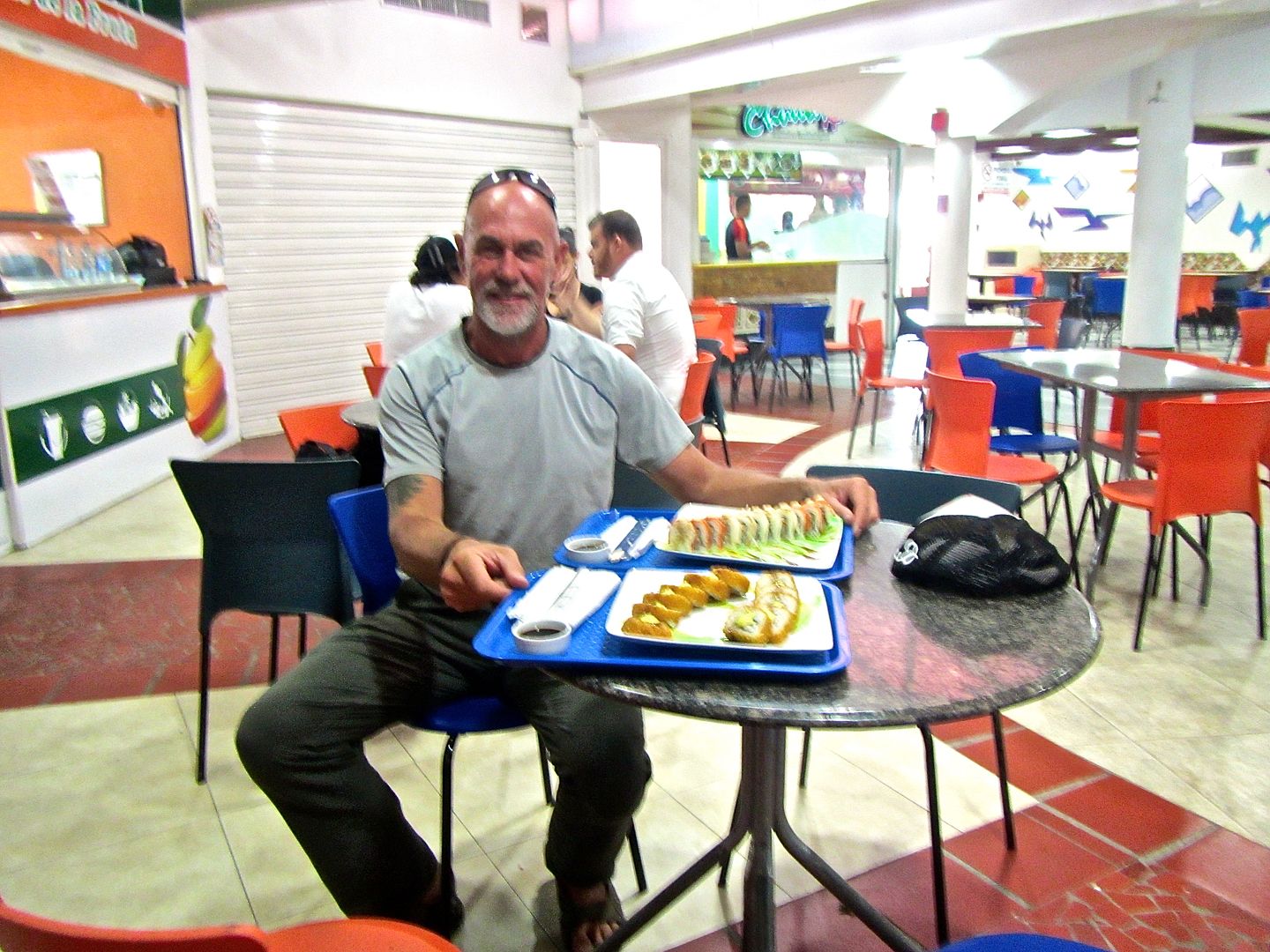
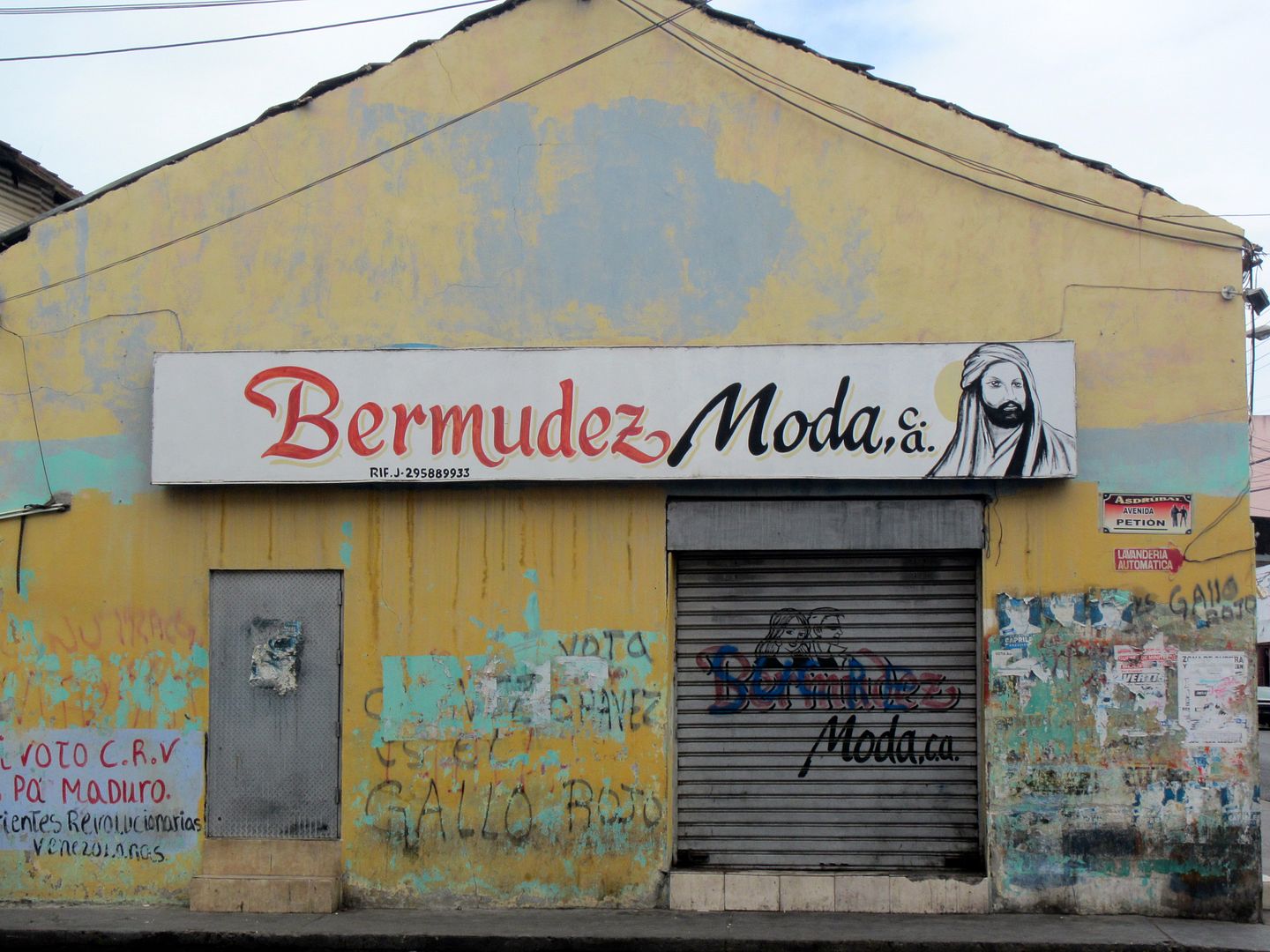
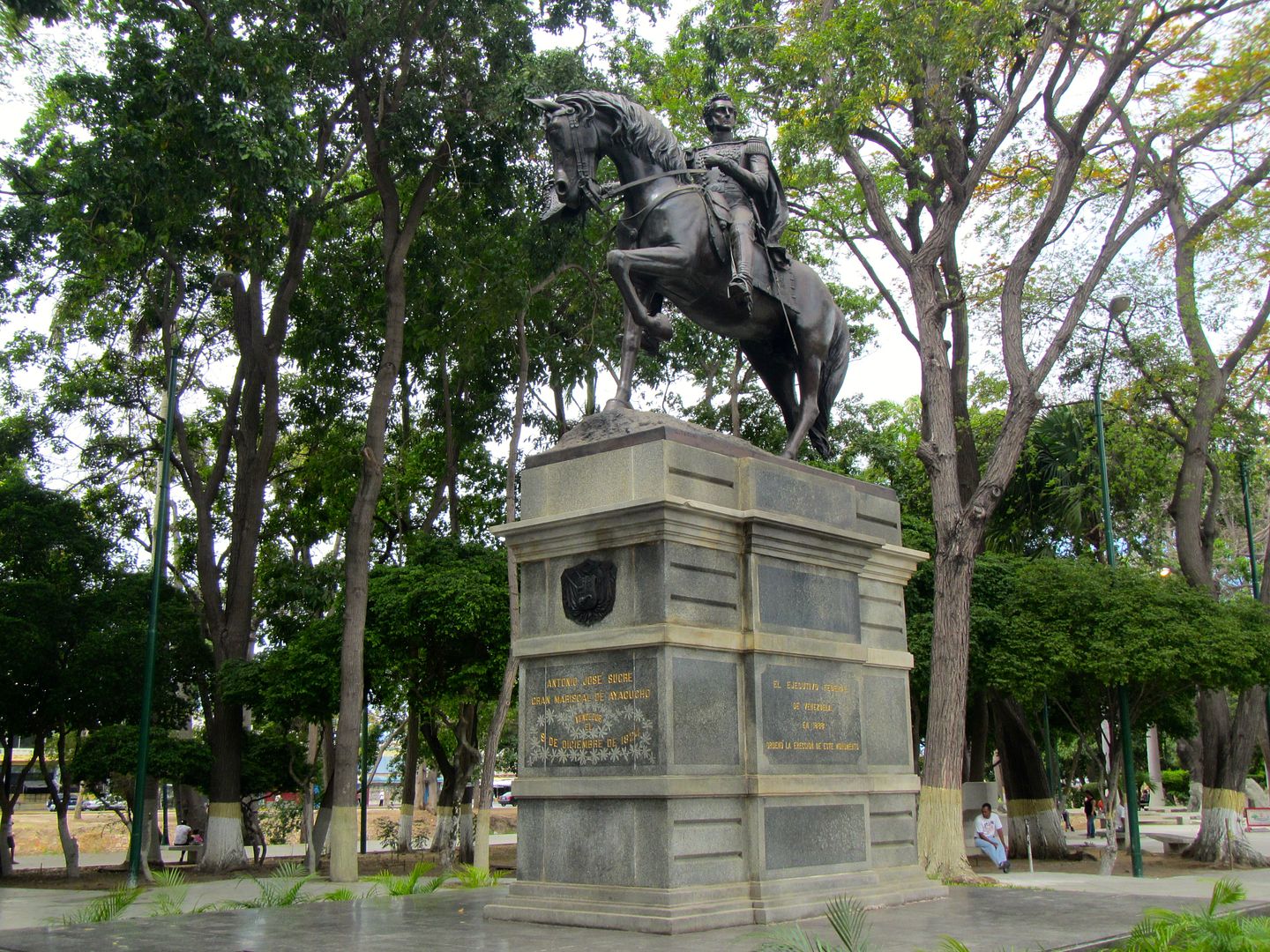
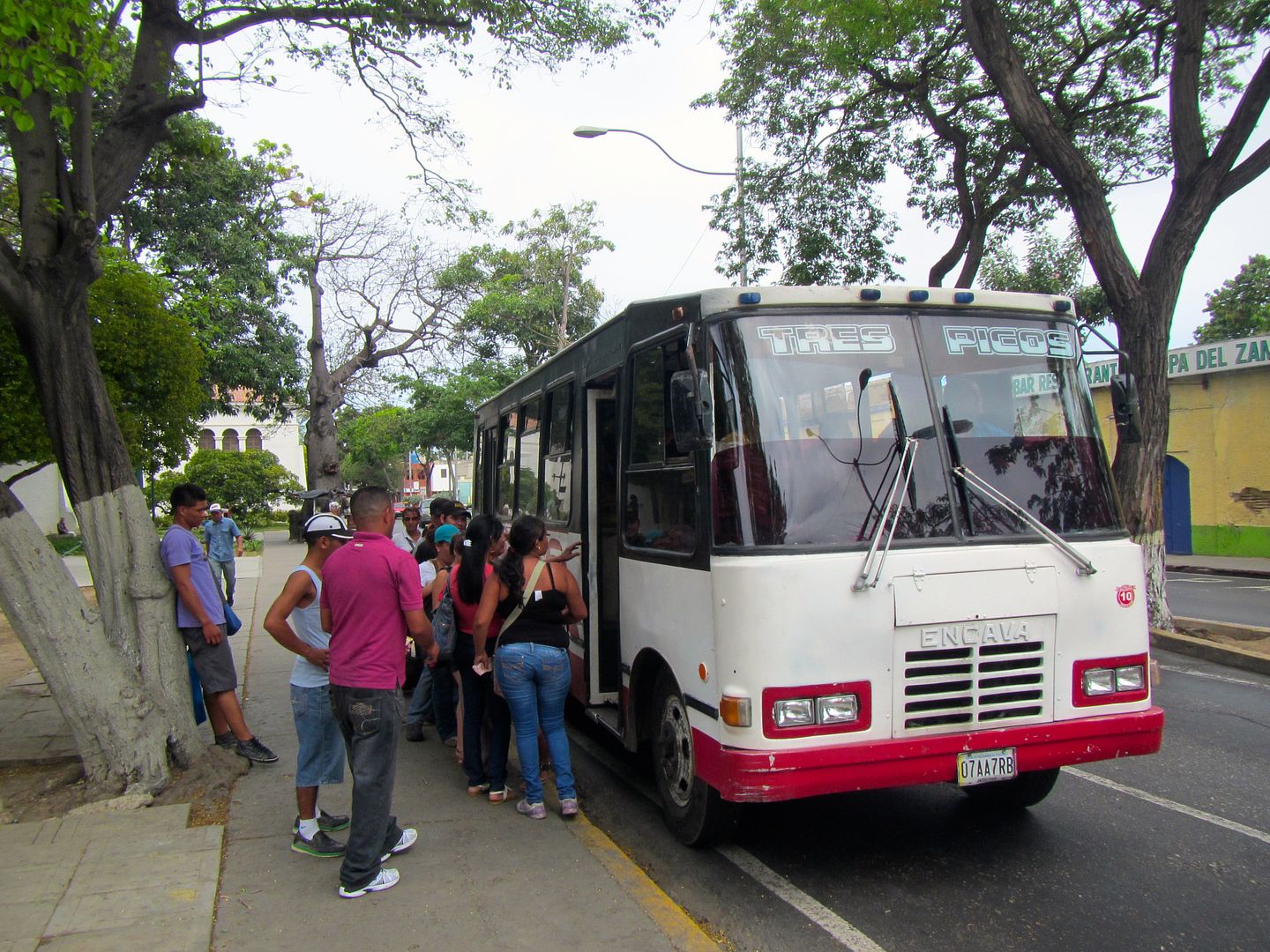
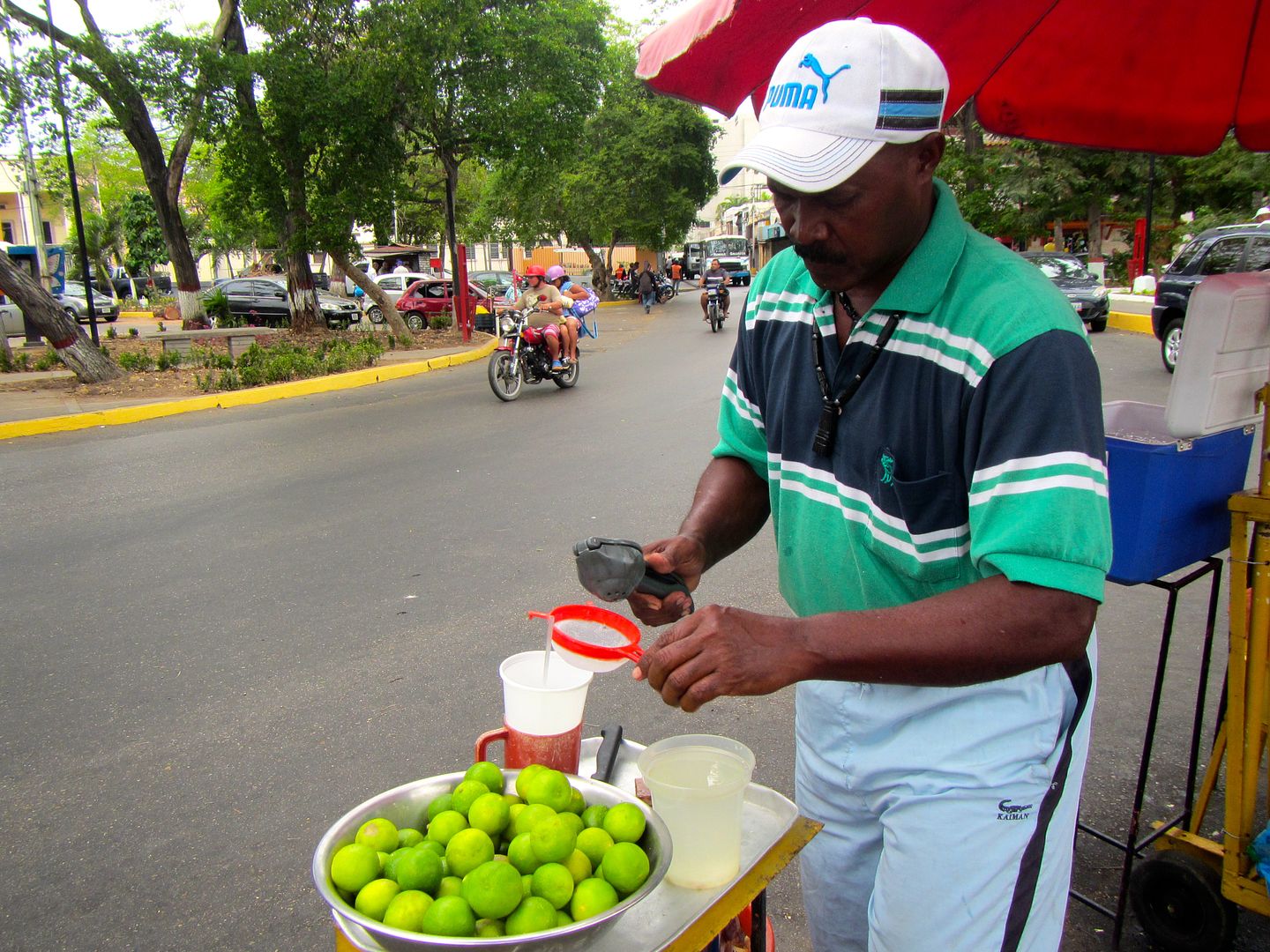
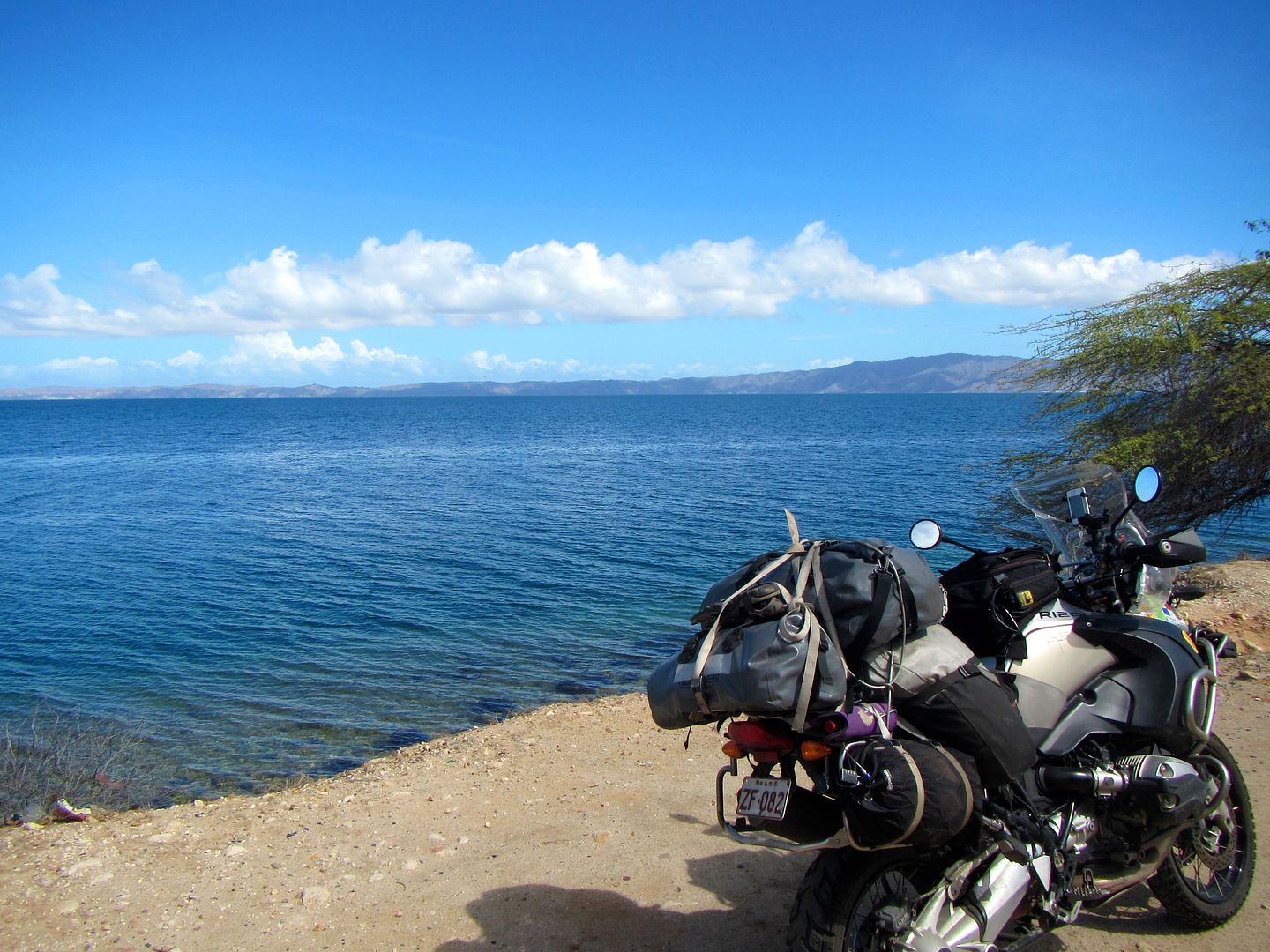
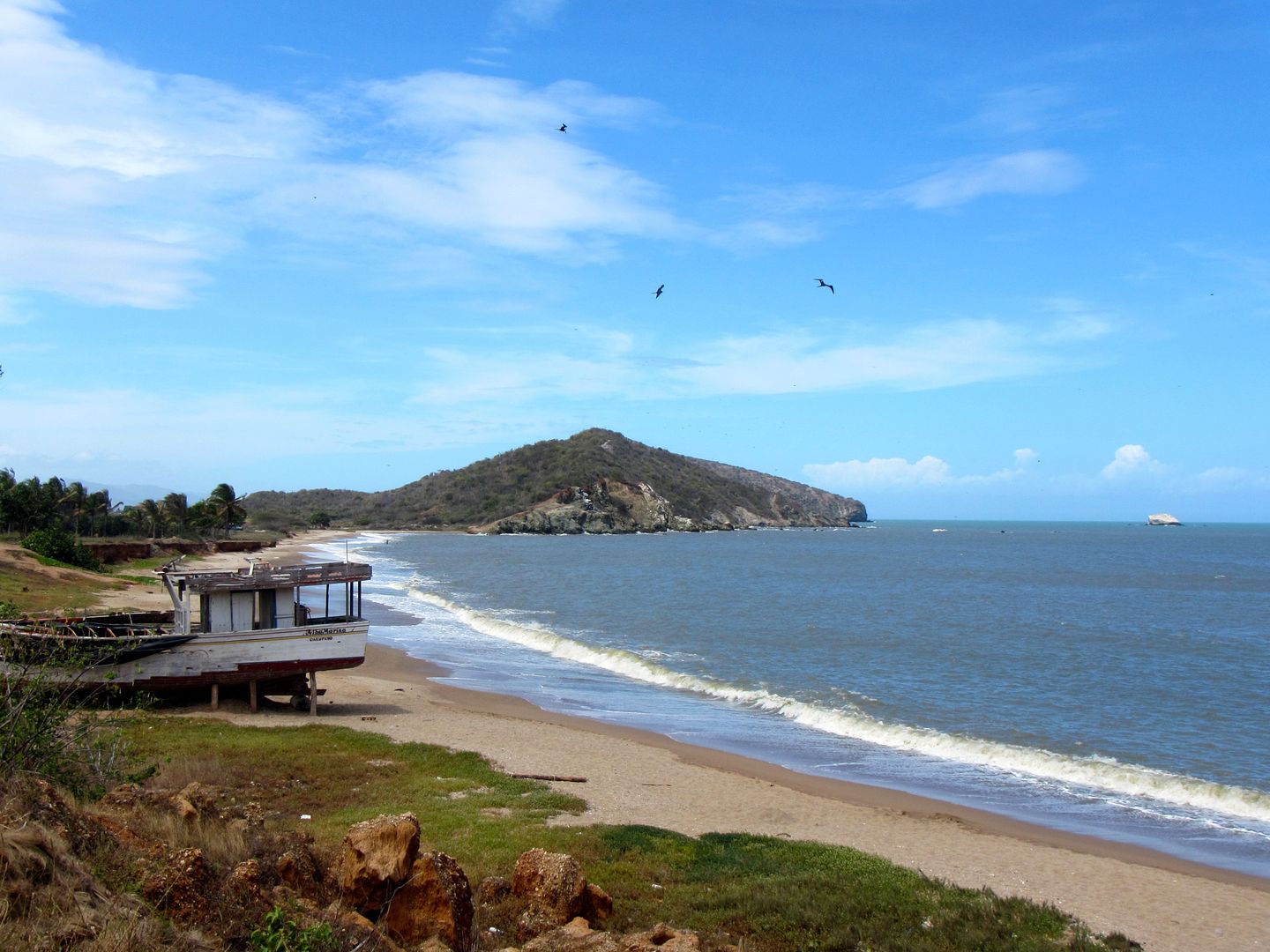
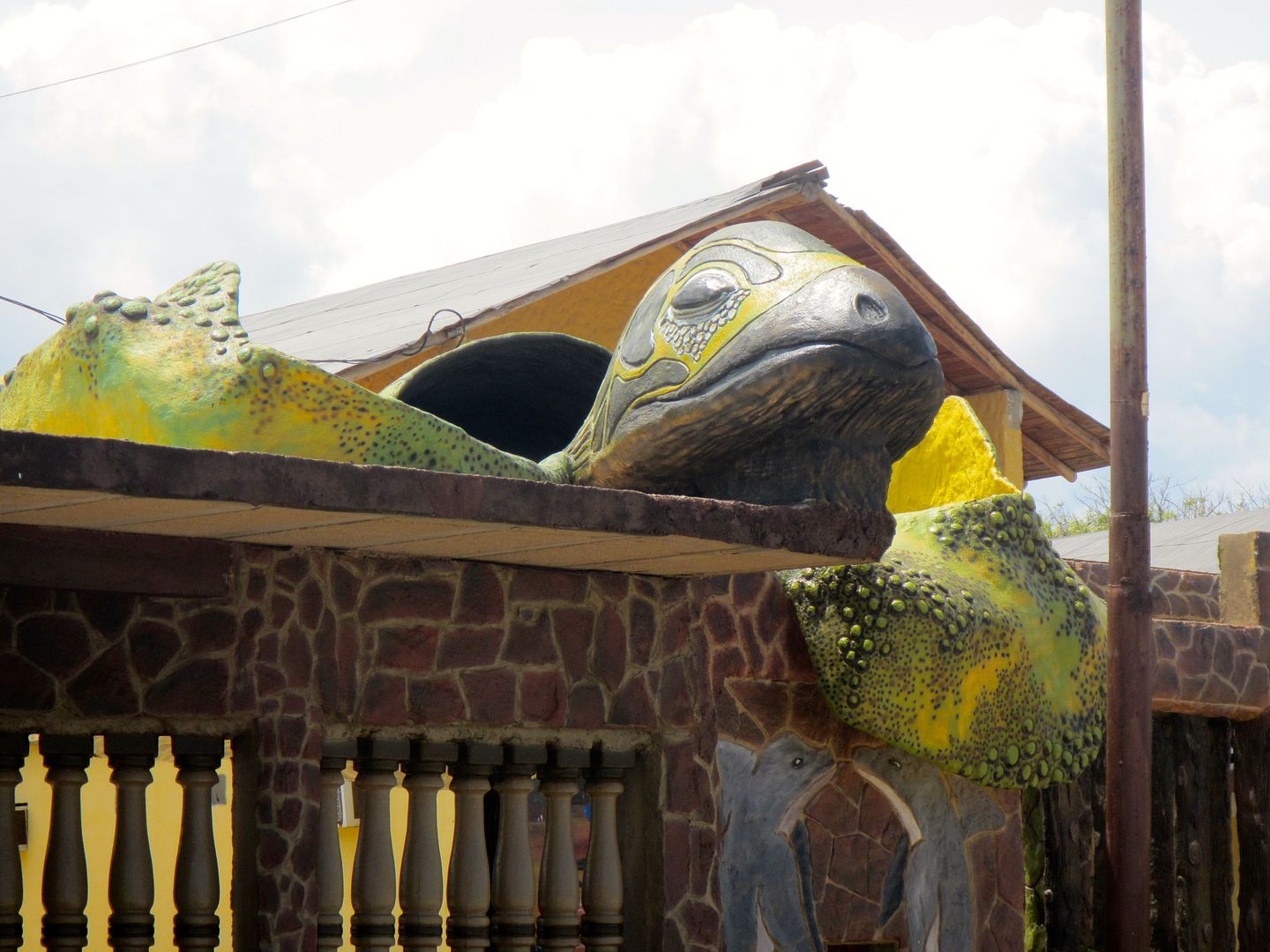
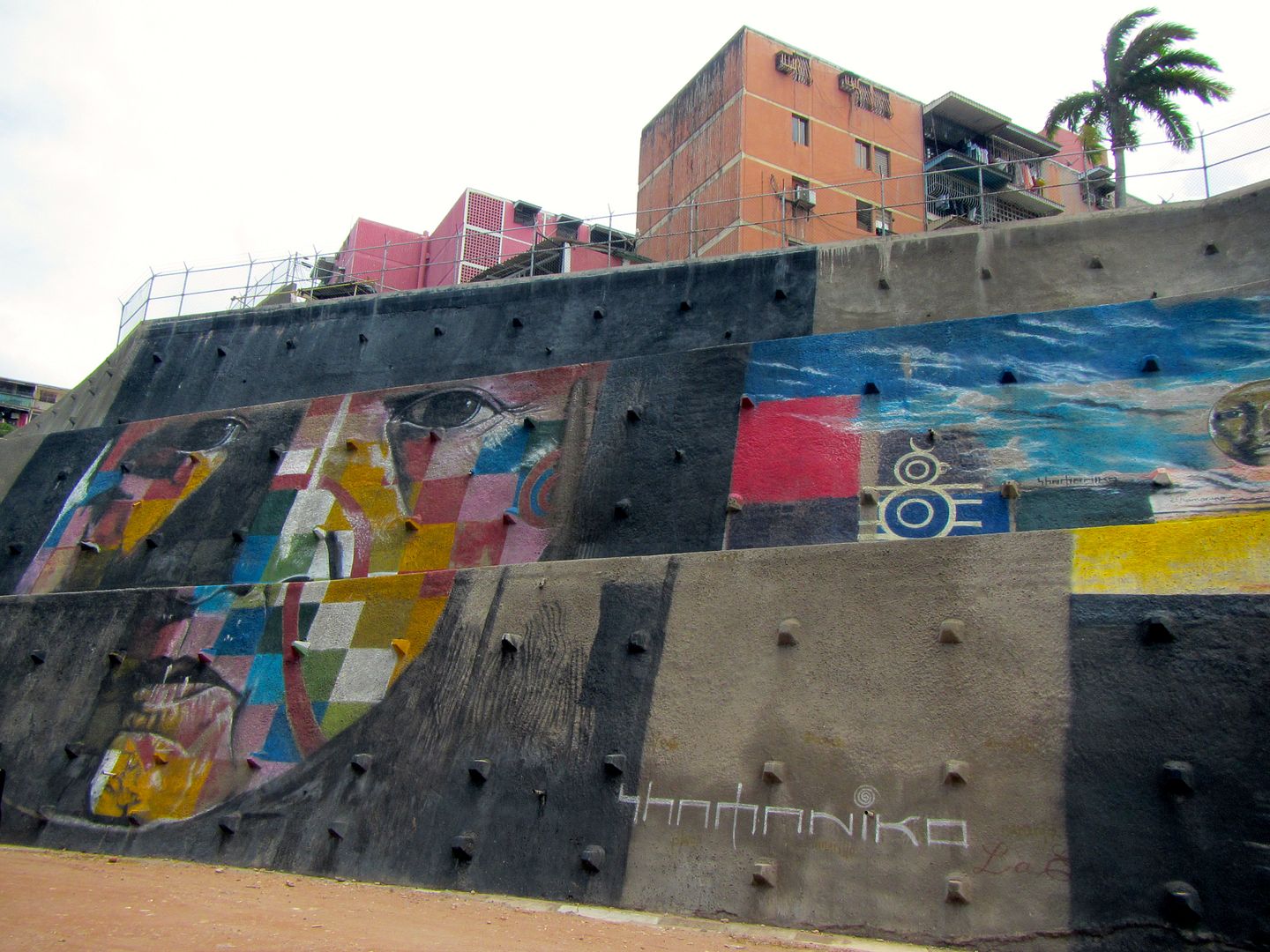
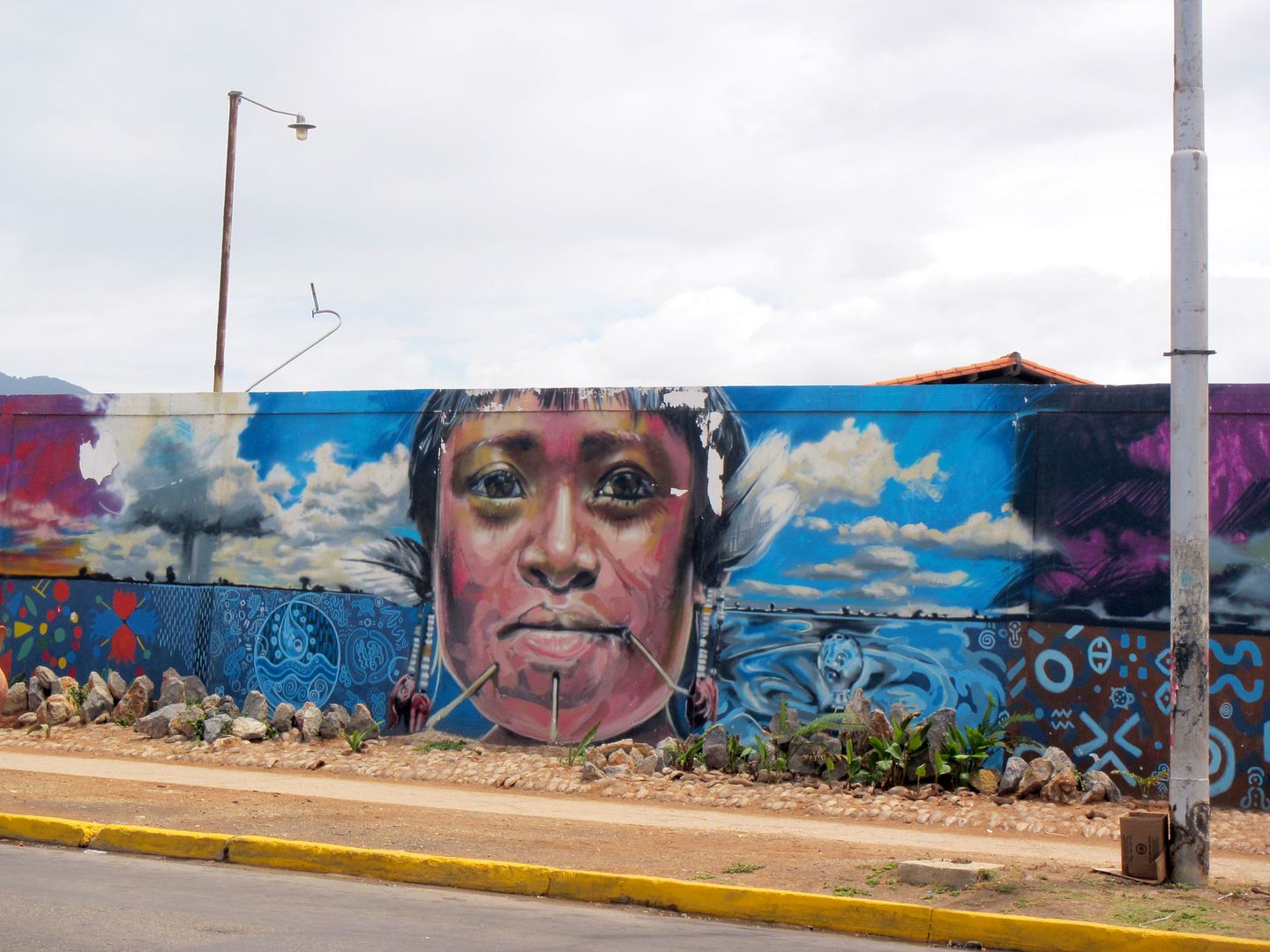
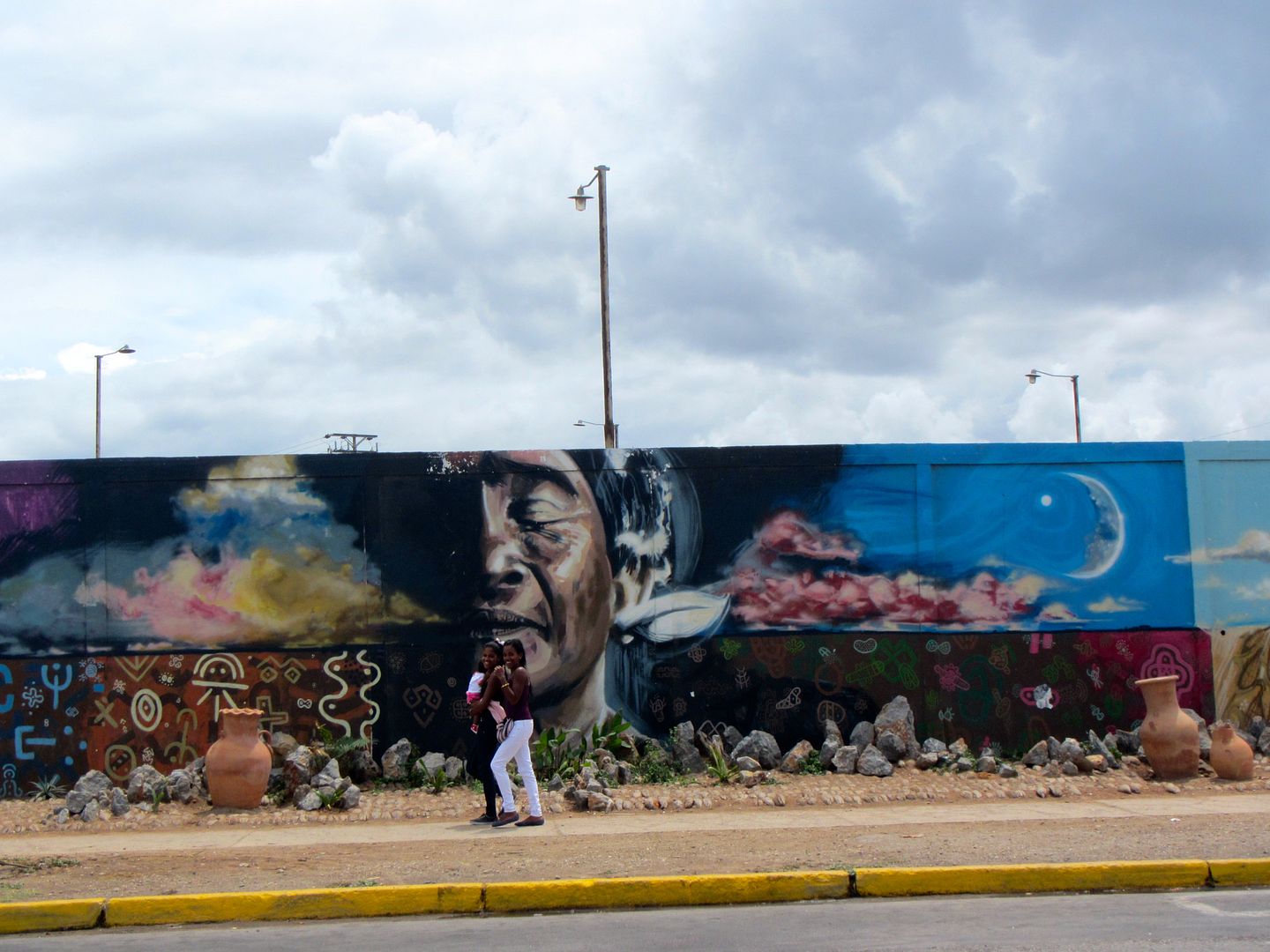
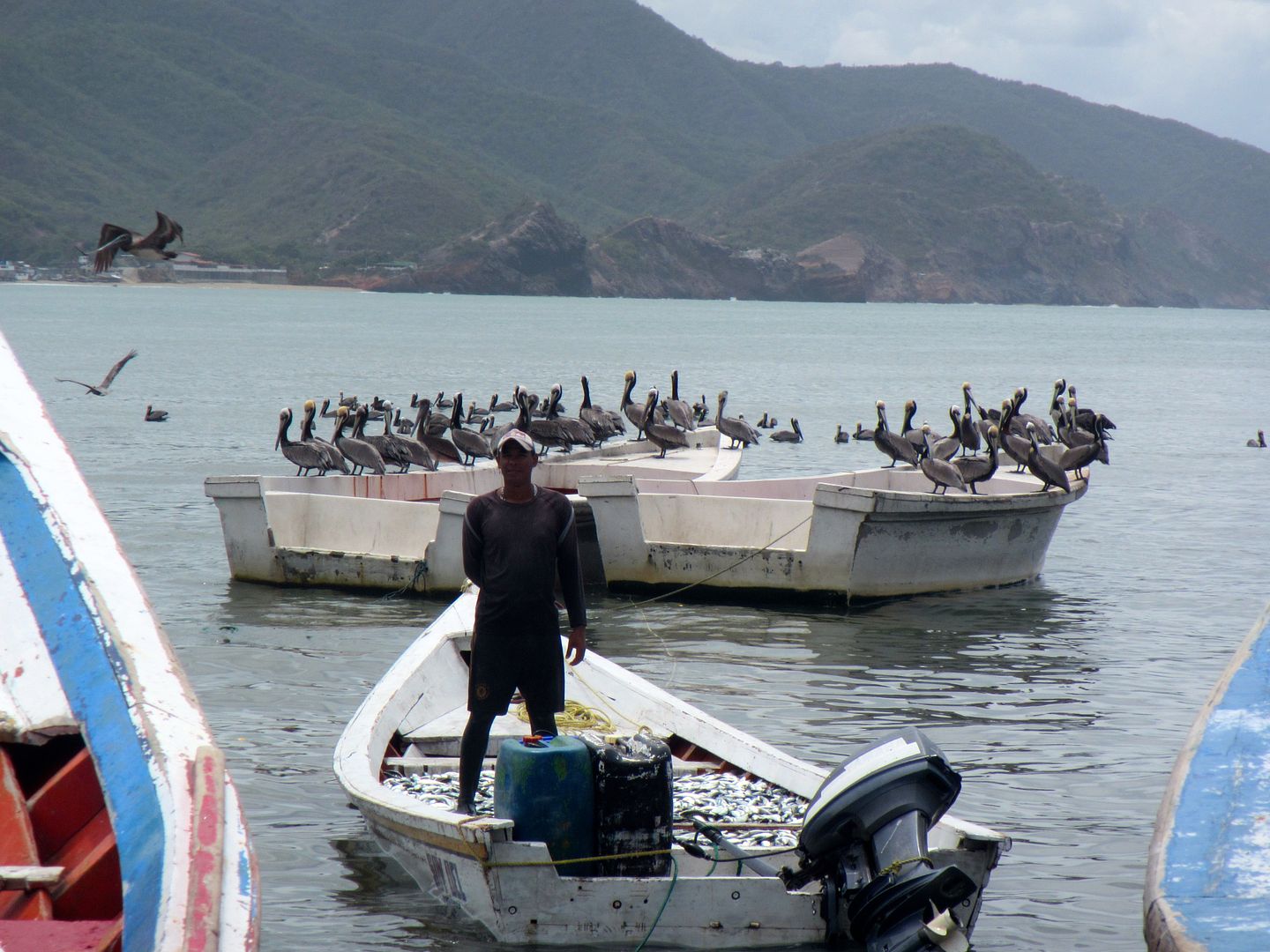
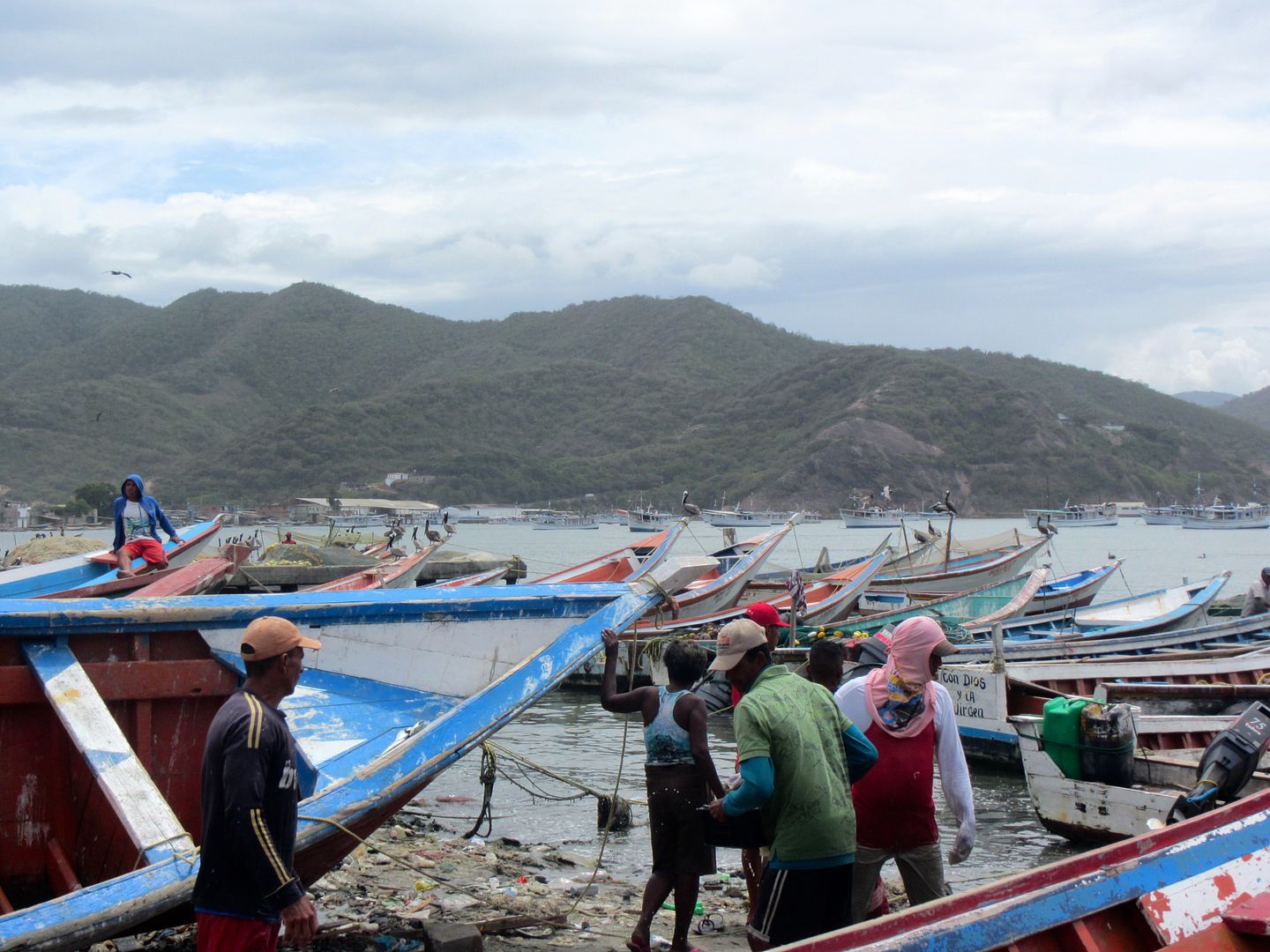
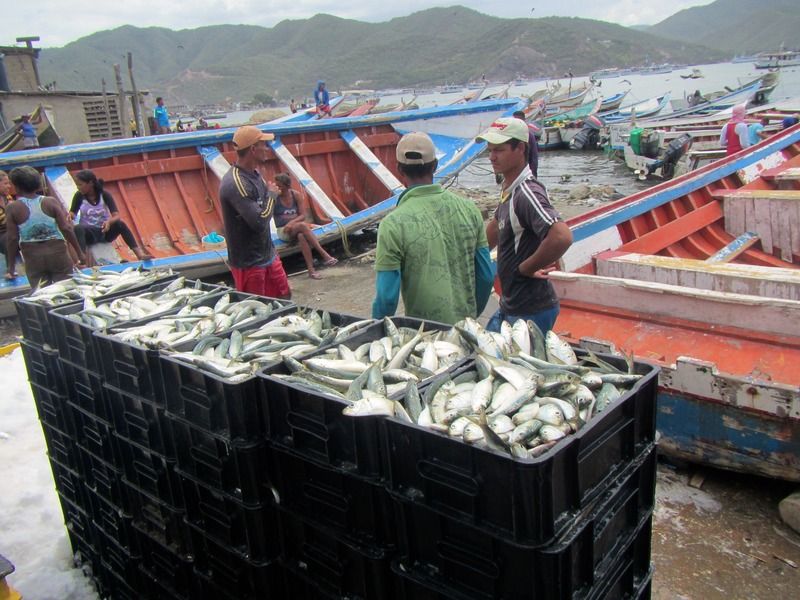
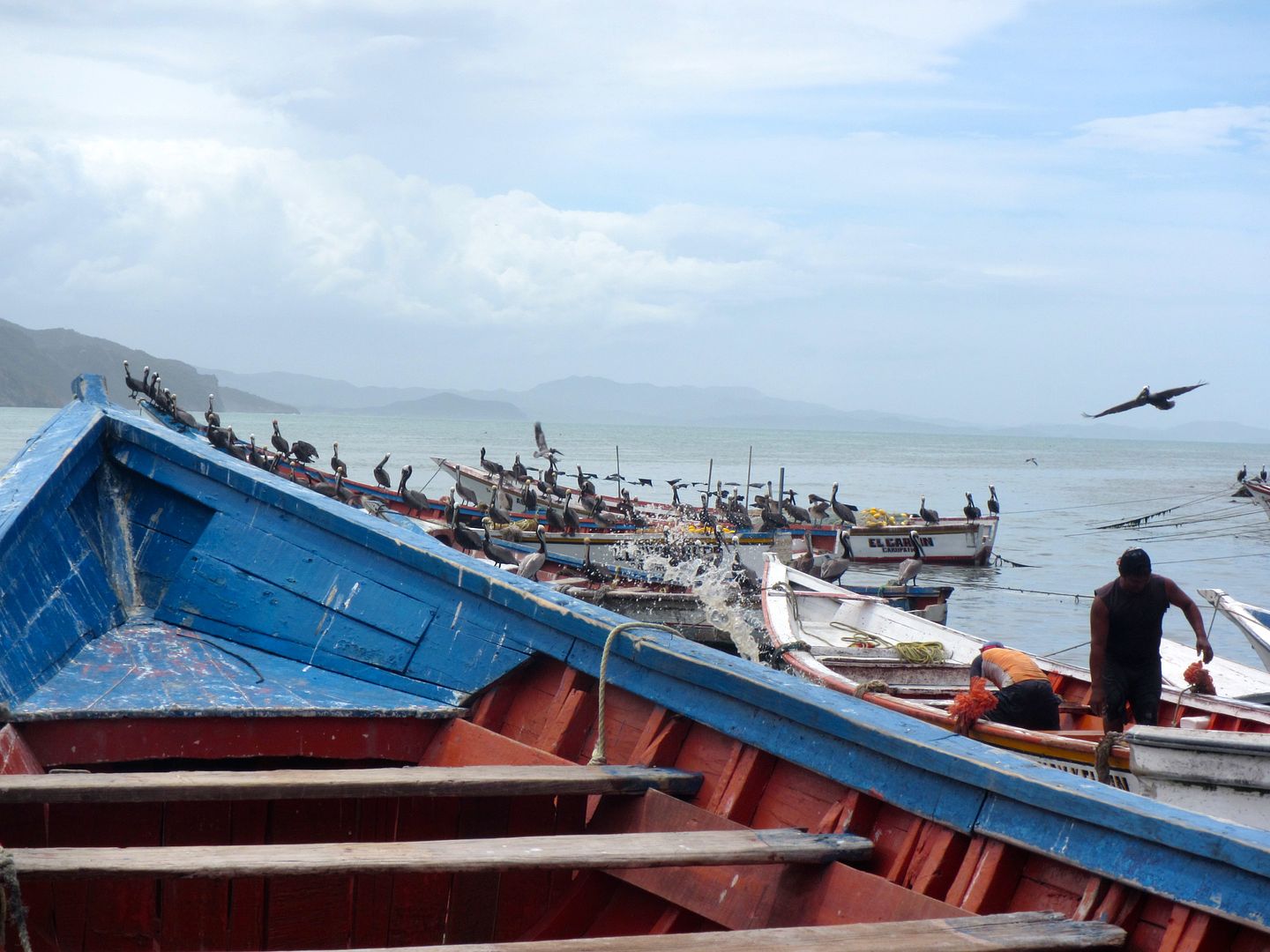
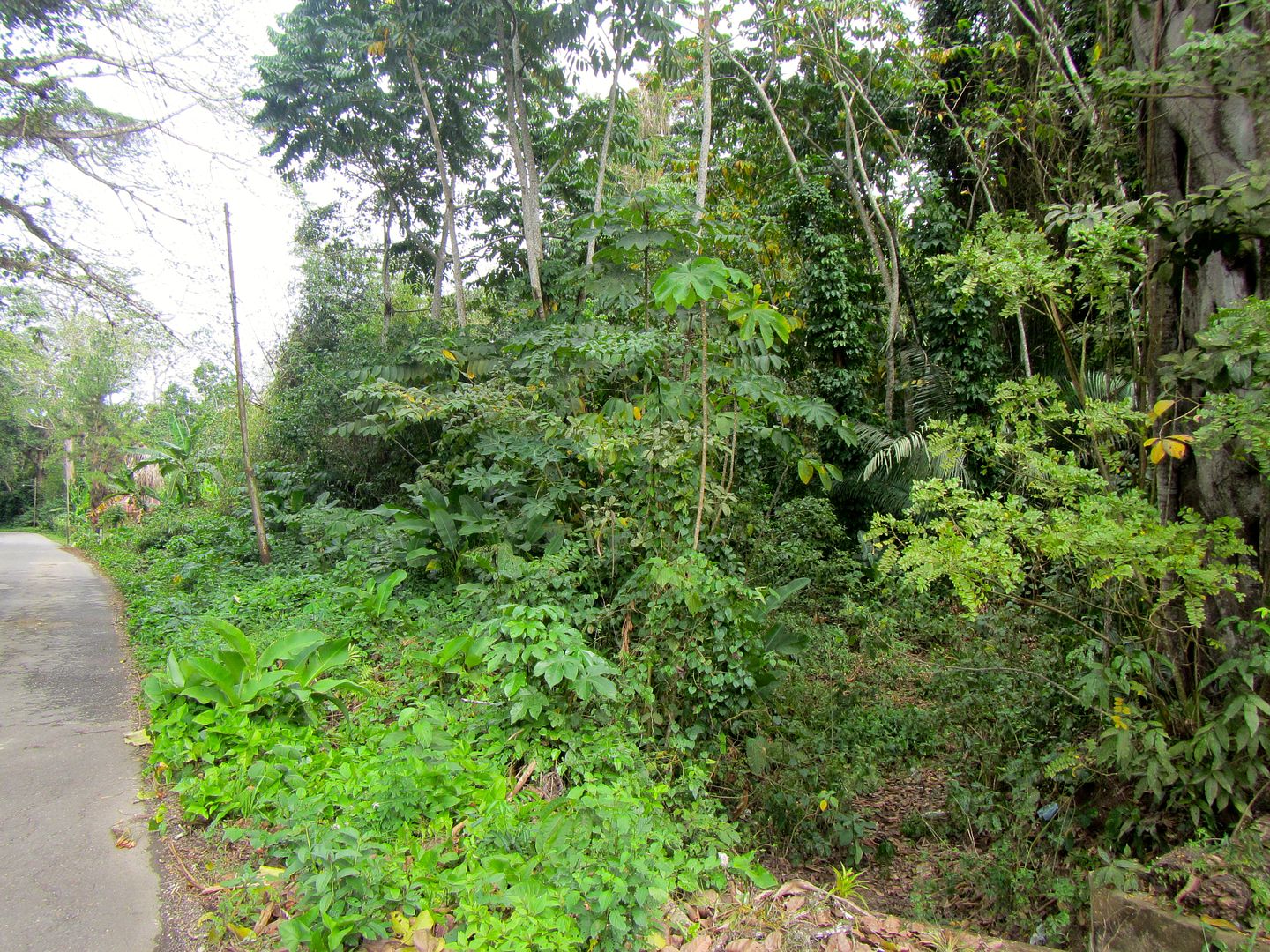
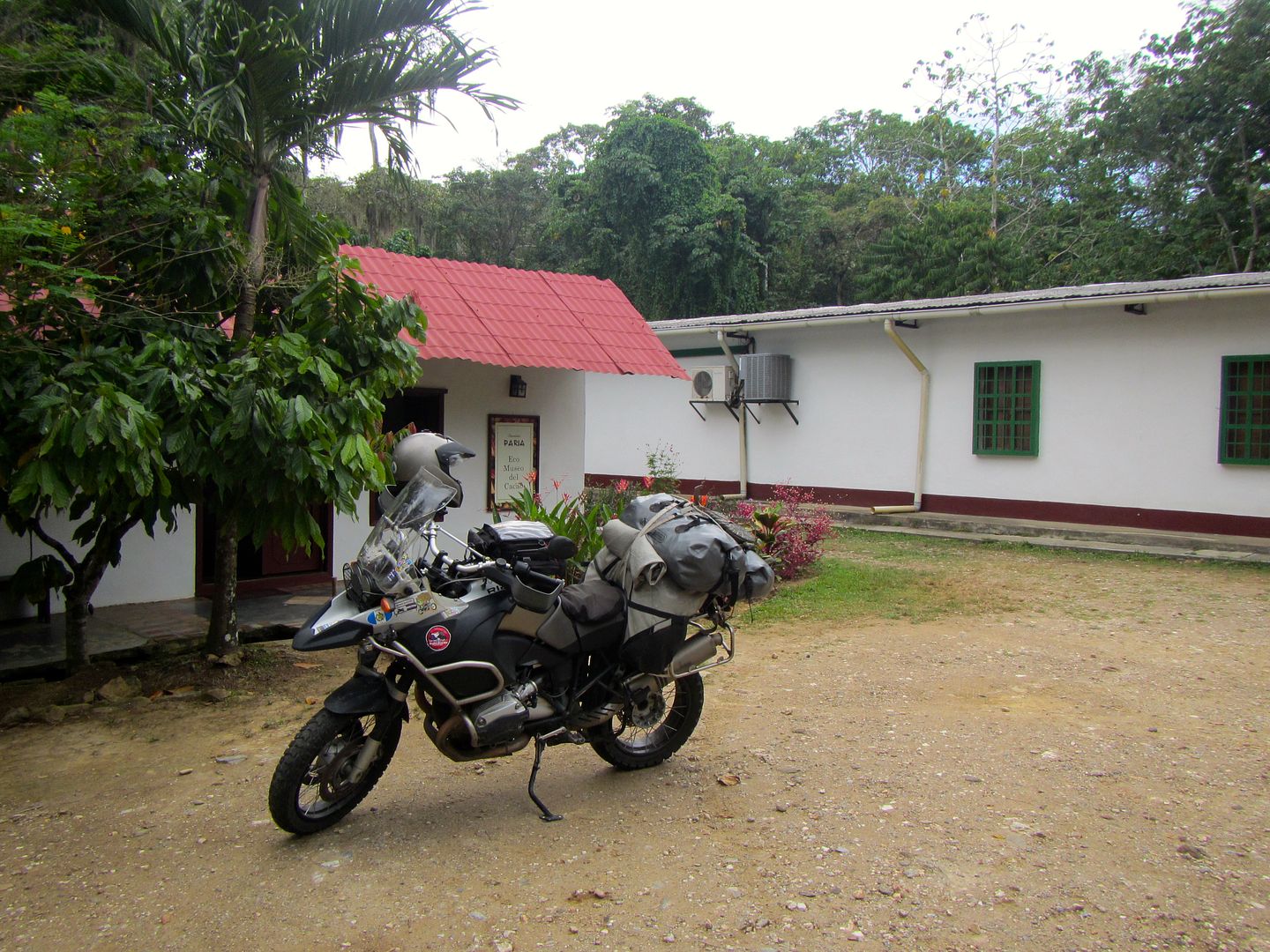
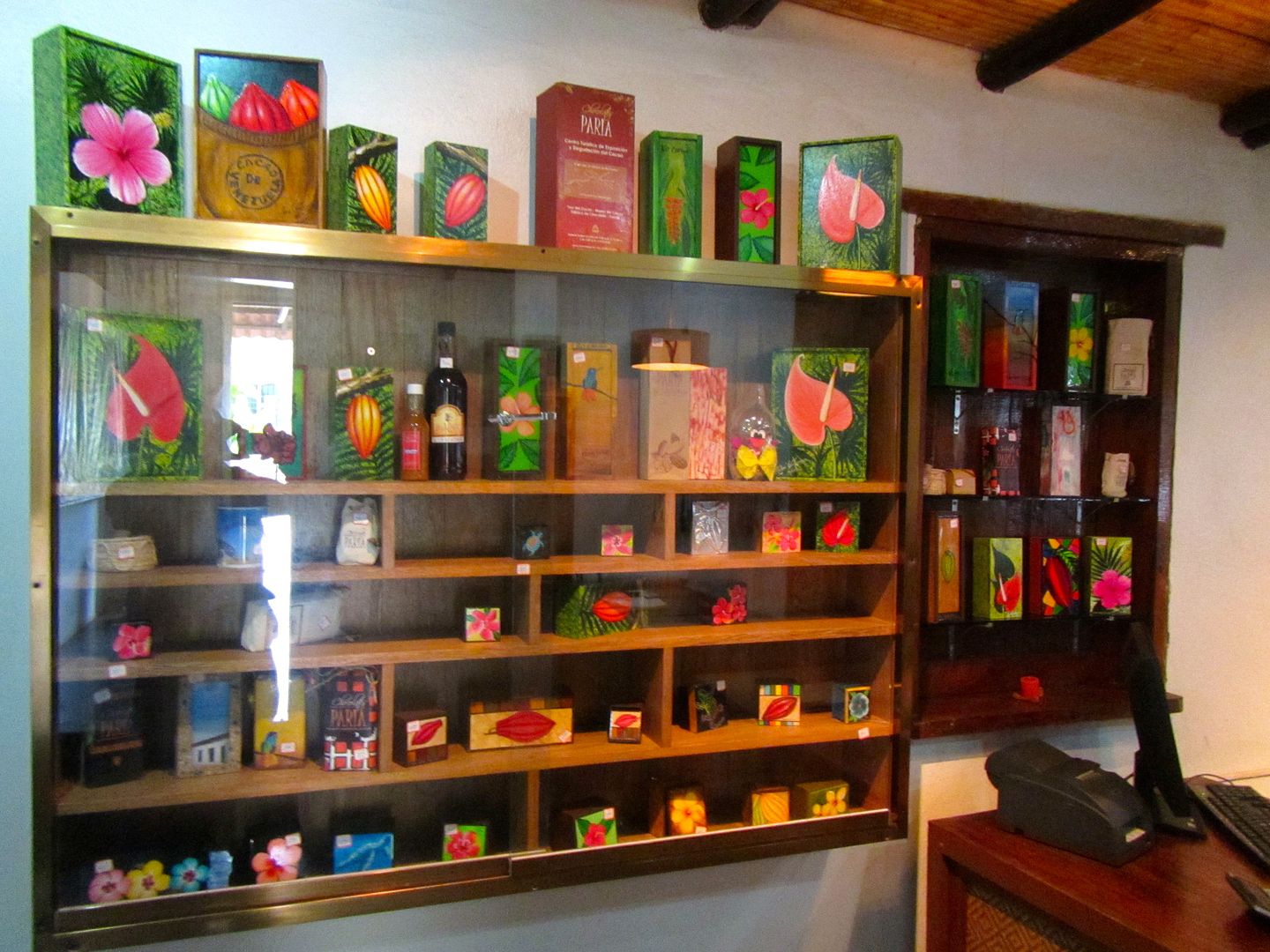
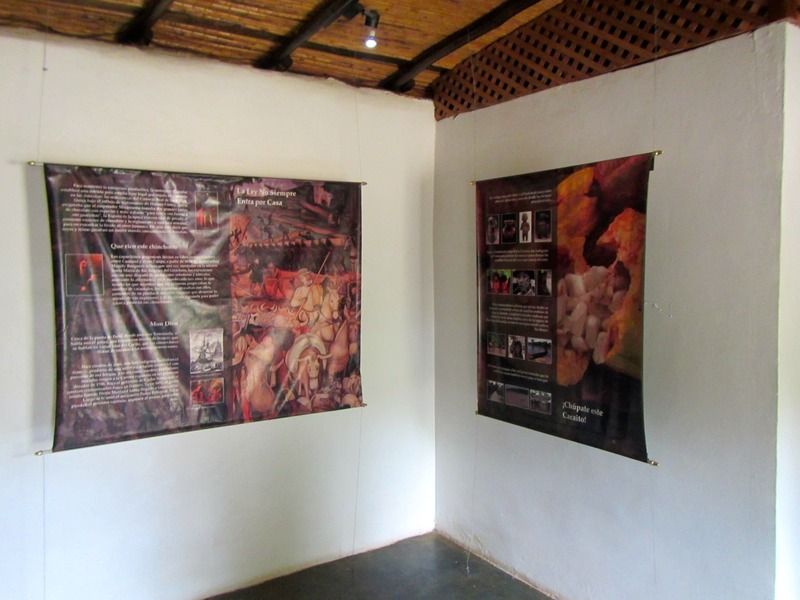
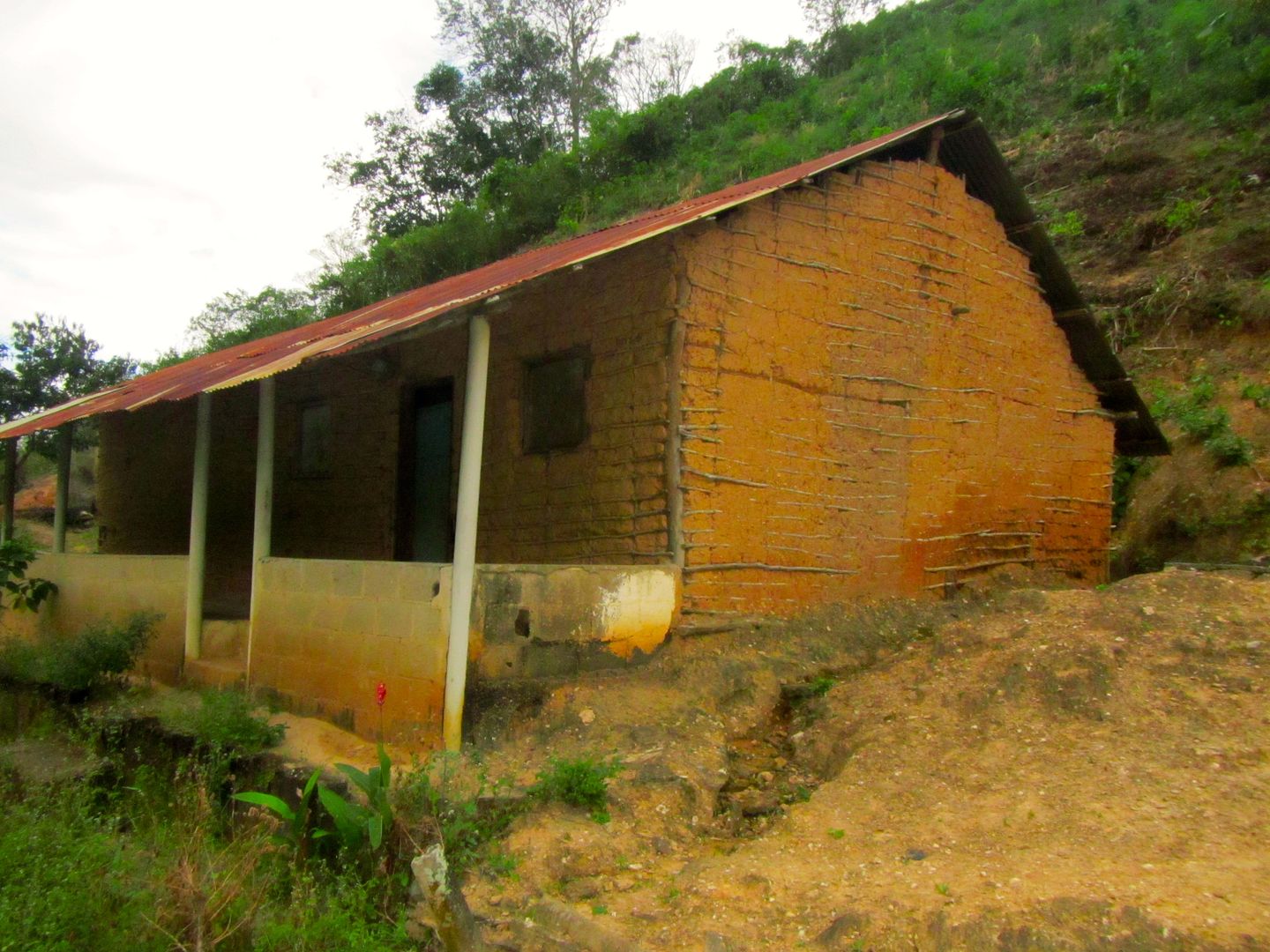
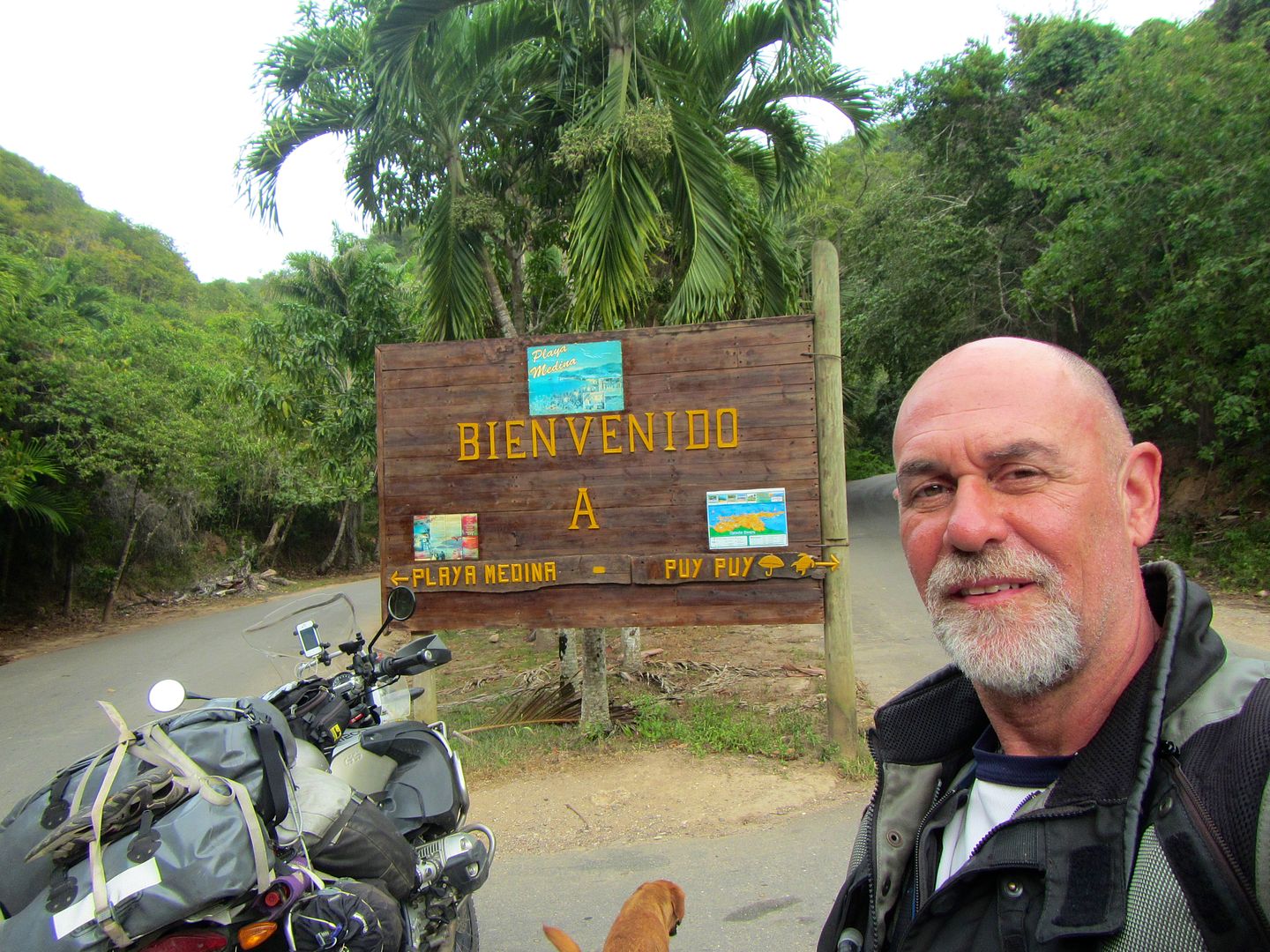
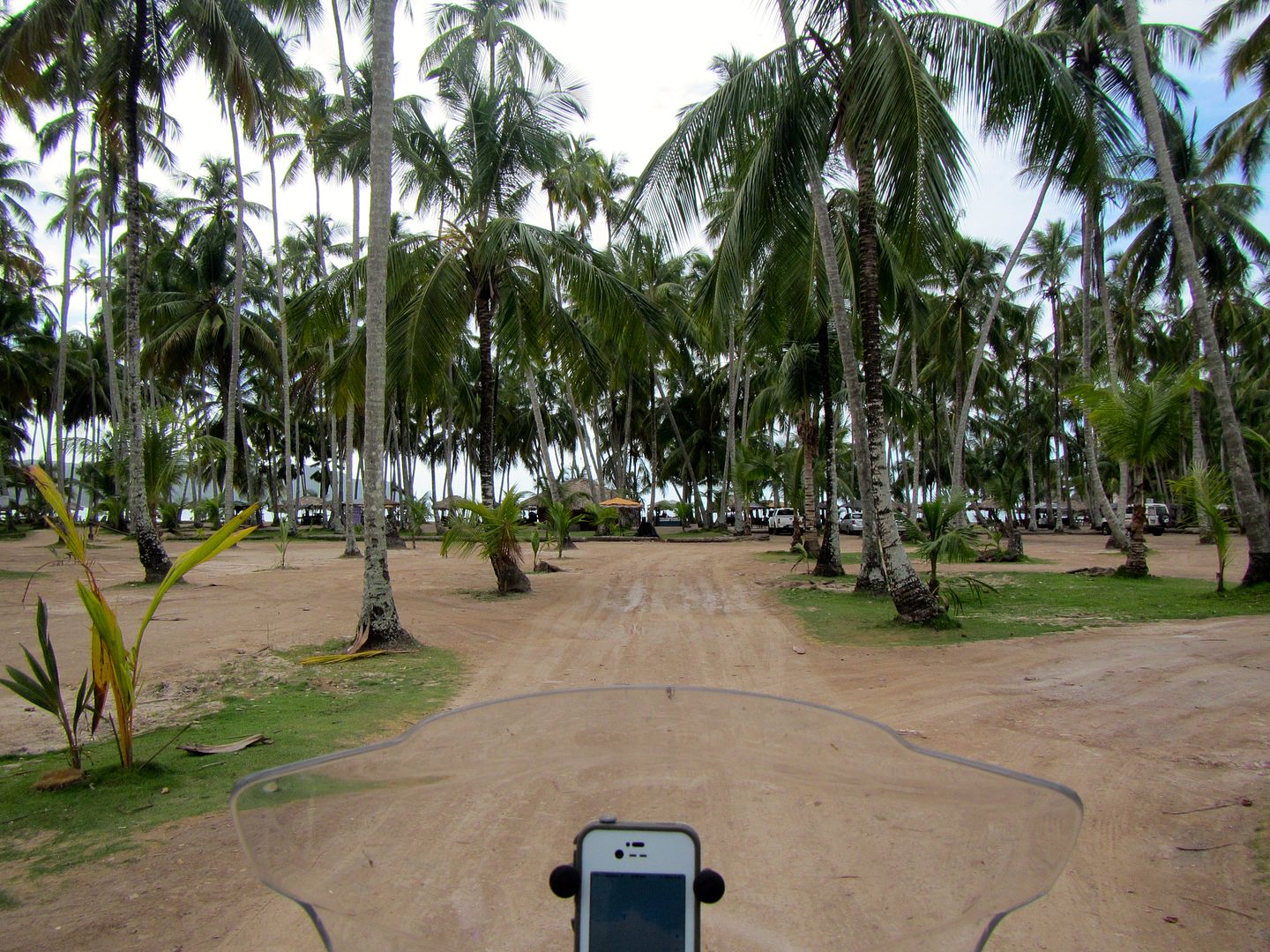
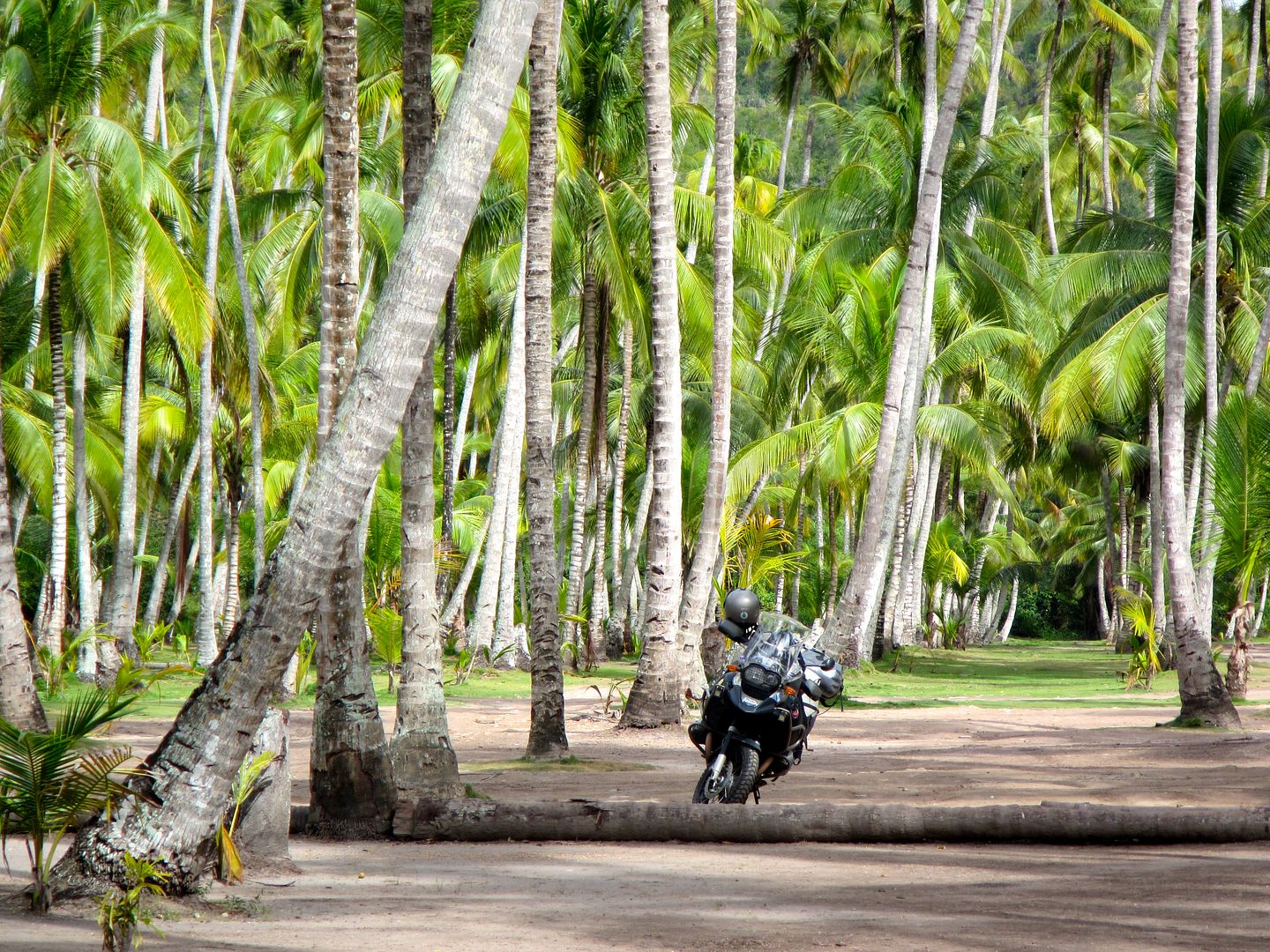
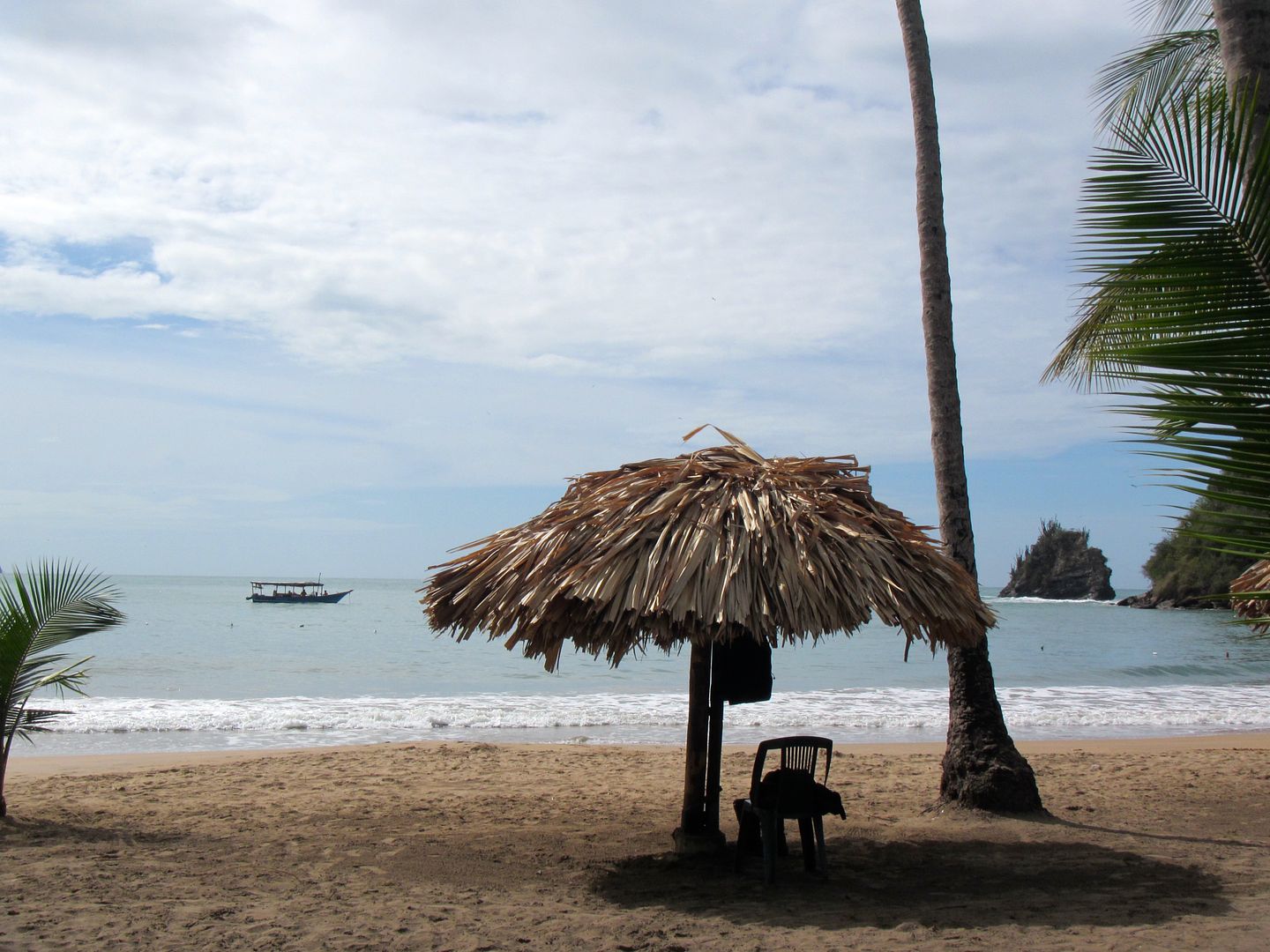
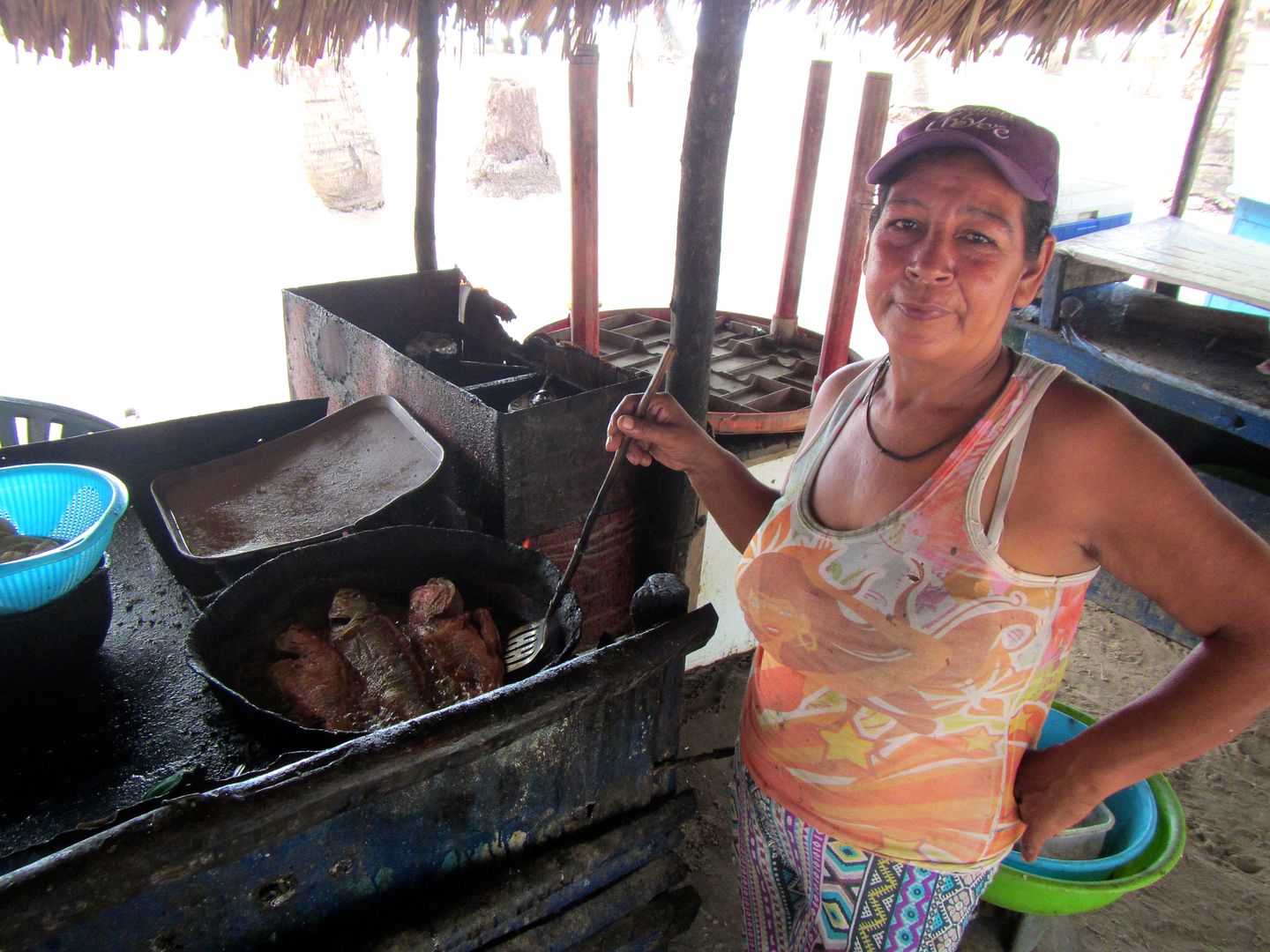
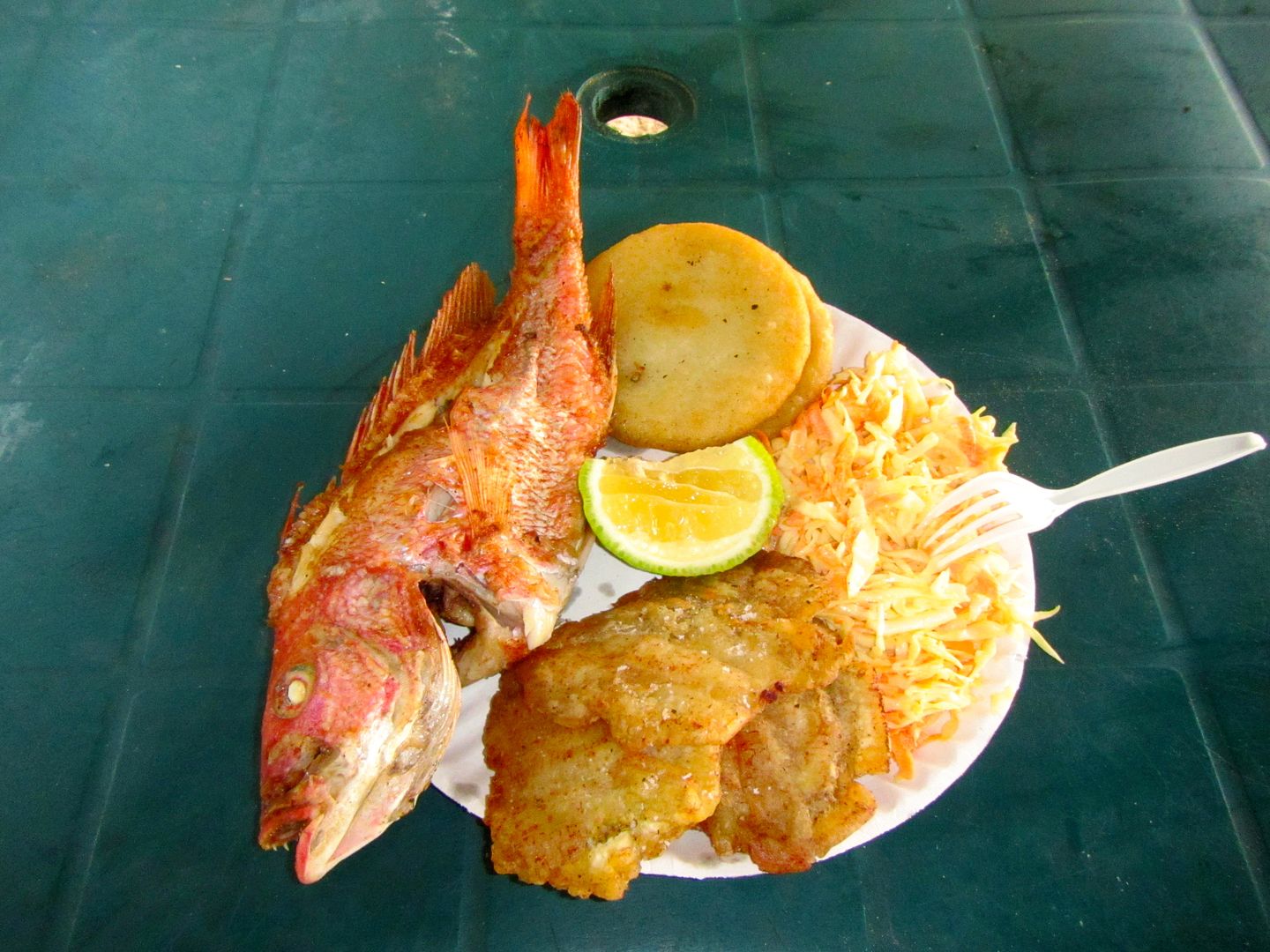
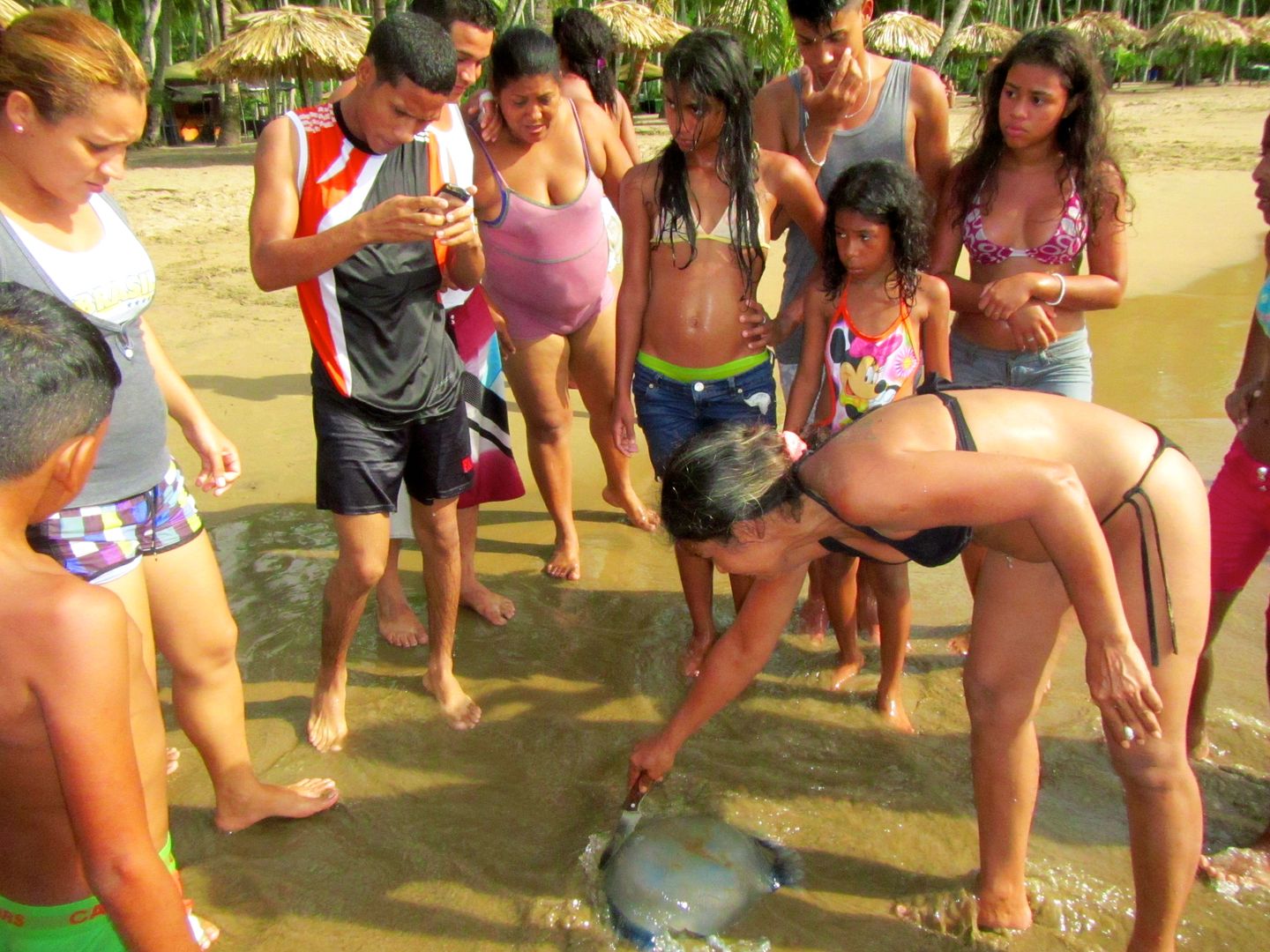
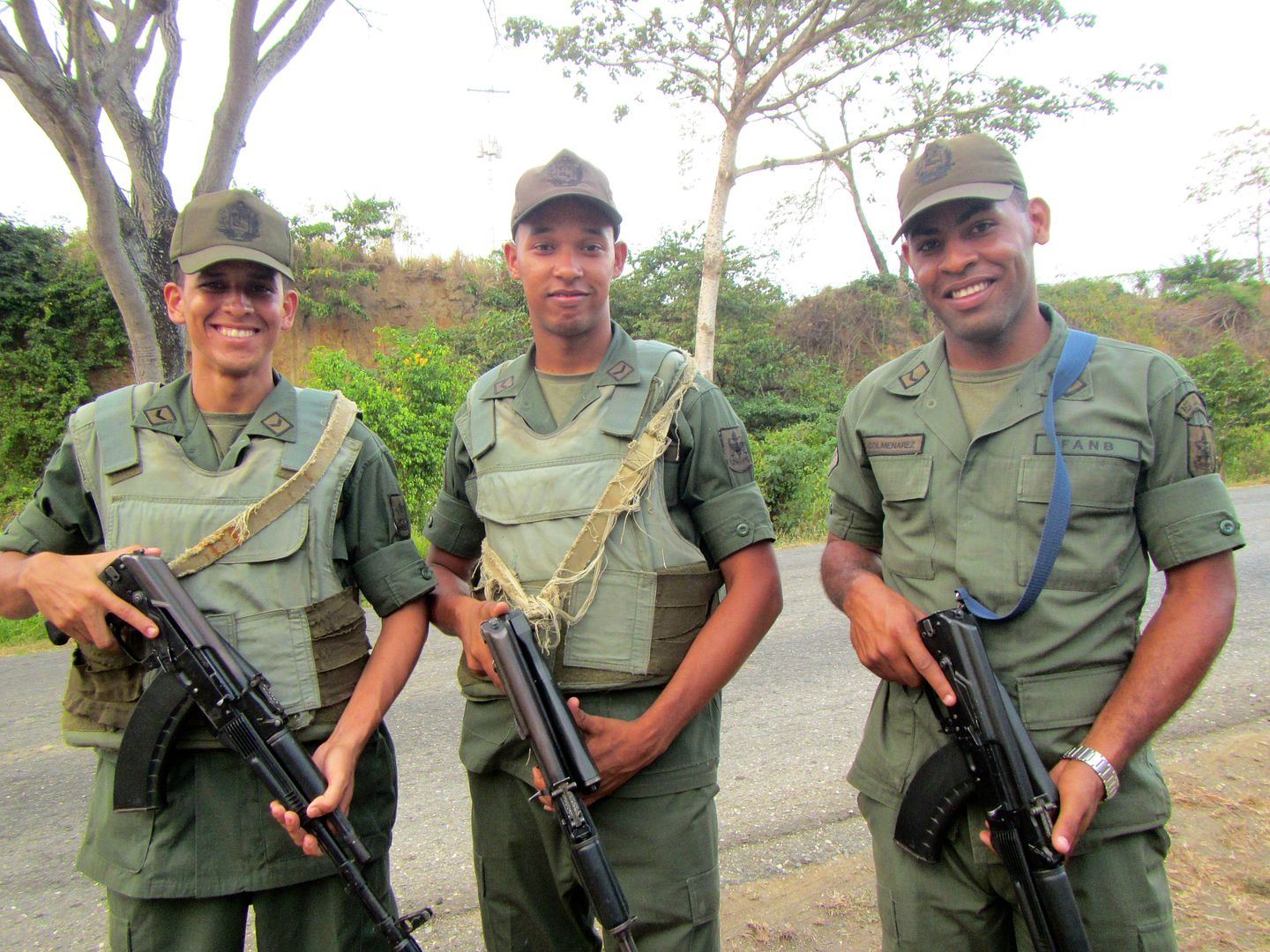
No comments:
Post a Comment